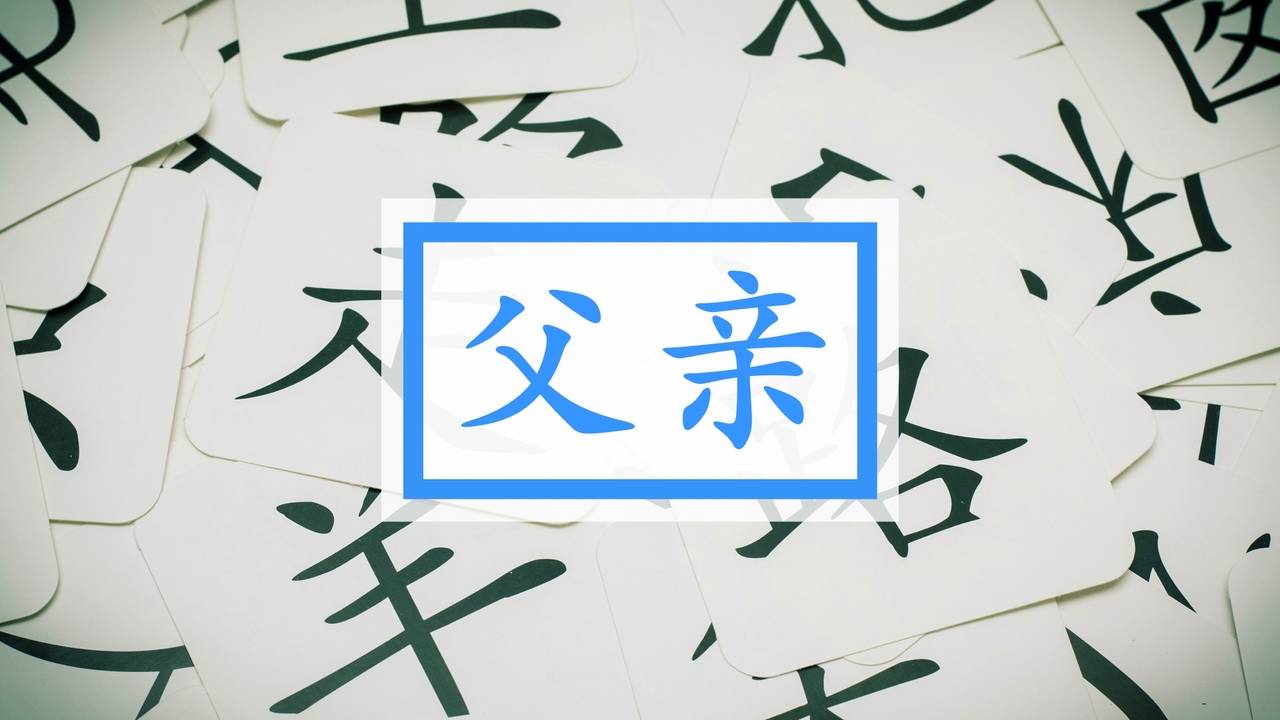
Level 34 - Vocab in Context
44 Lessons
1
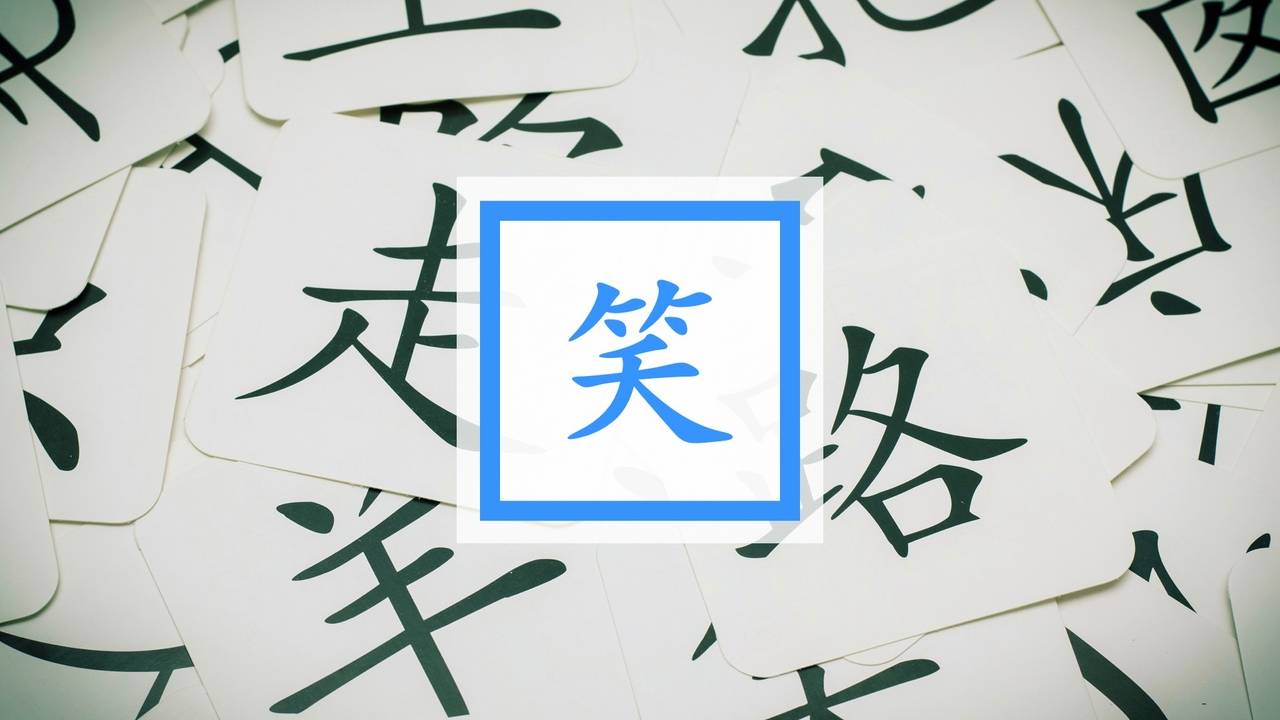
笑 in Context
2
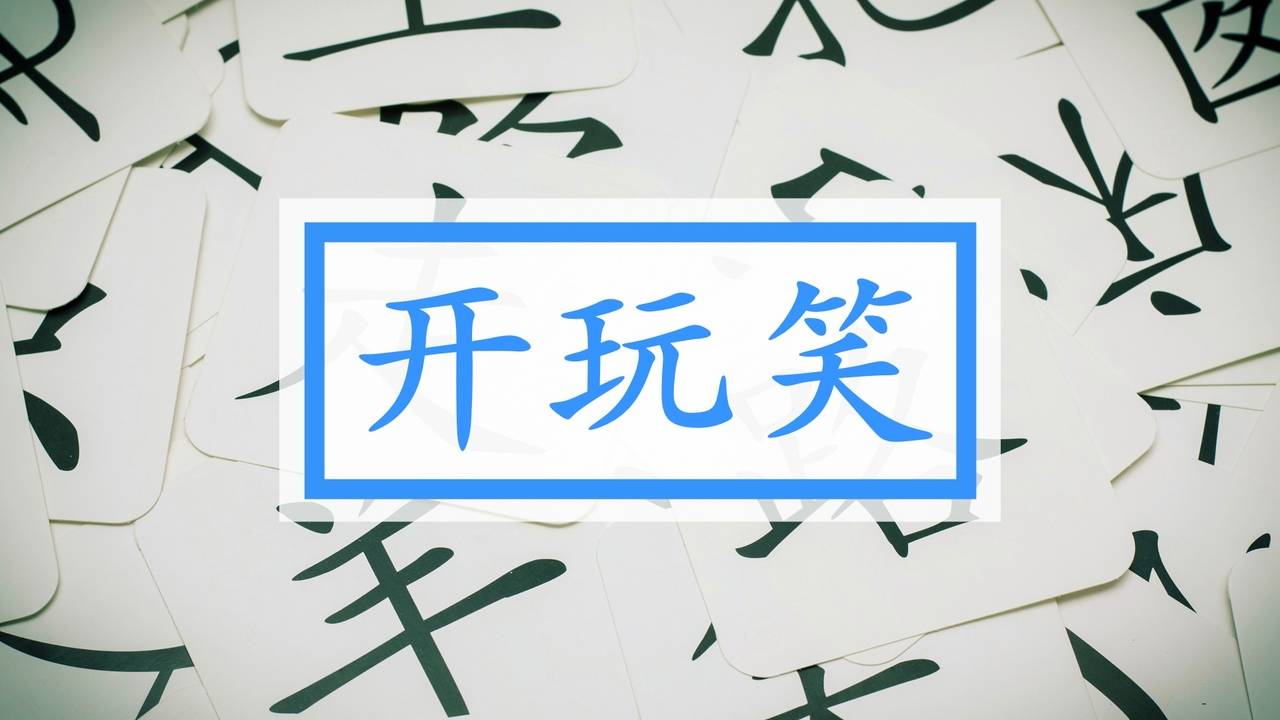
开玩笑 in Context
3
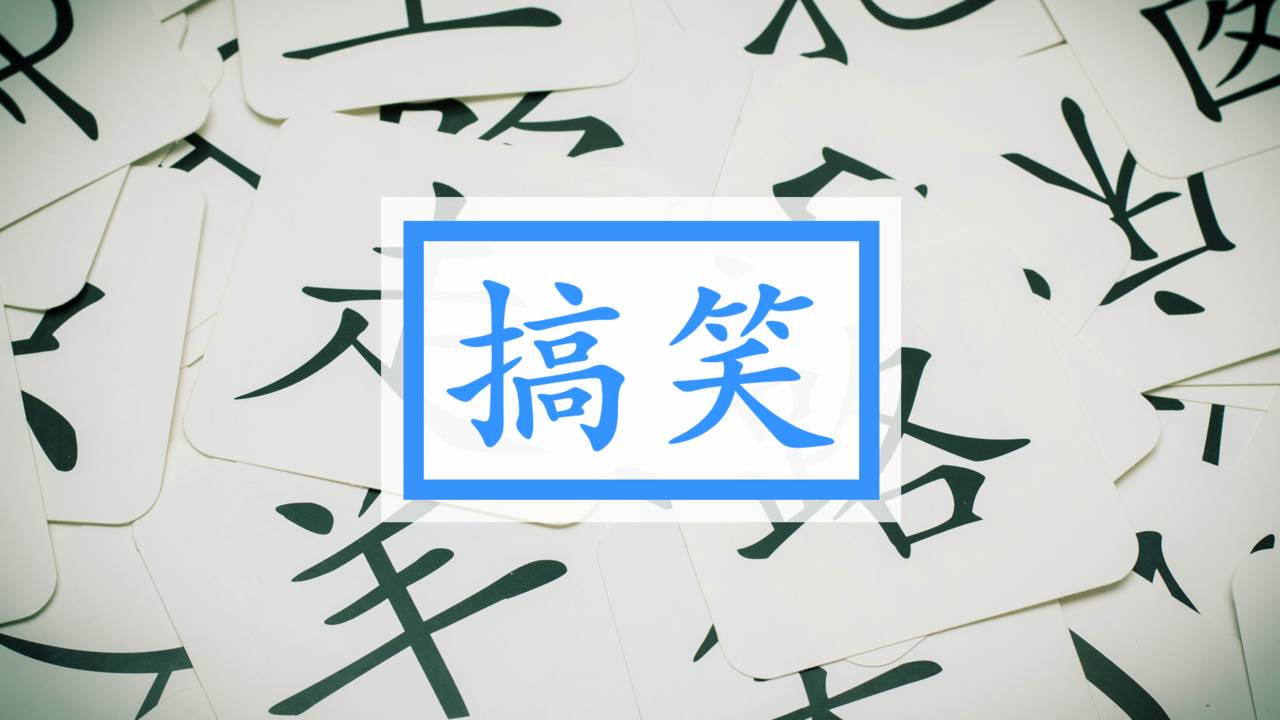
搞笑 in Context
4
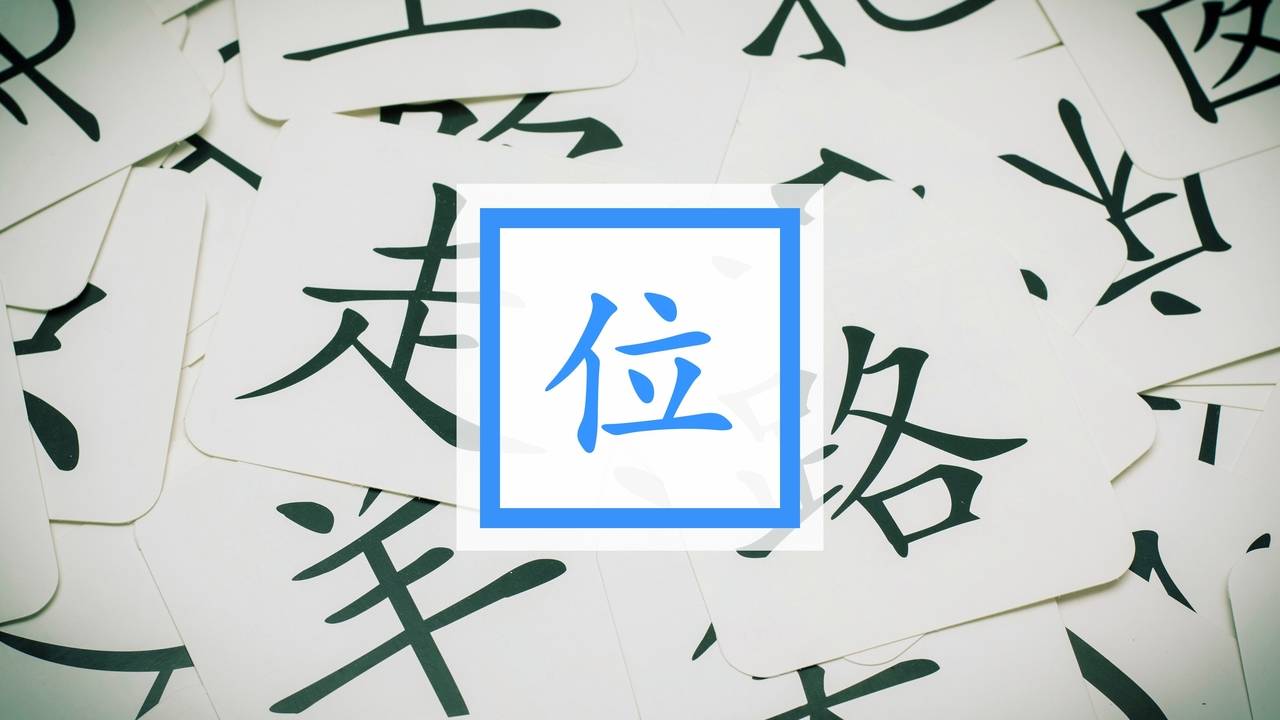
位 in Context
5
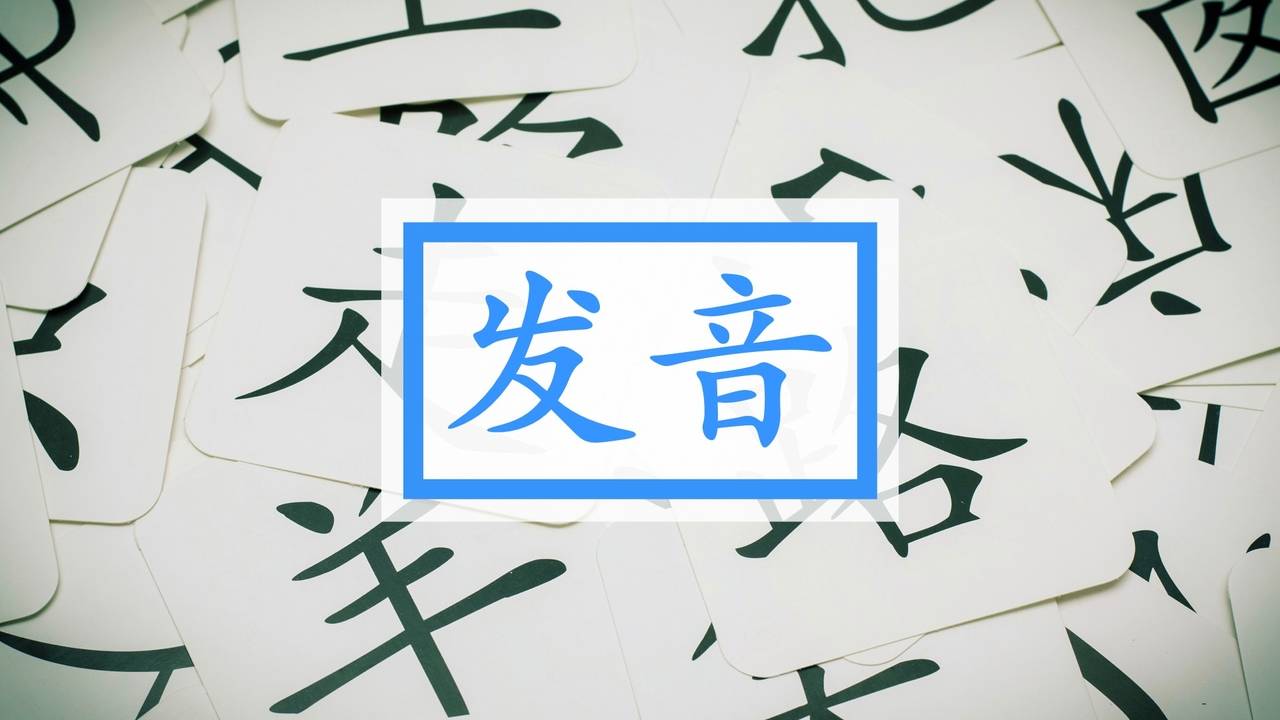
发音 in Context
6
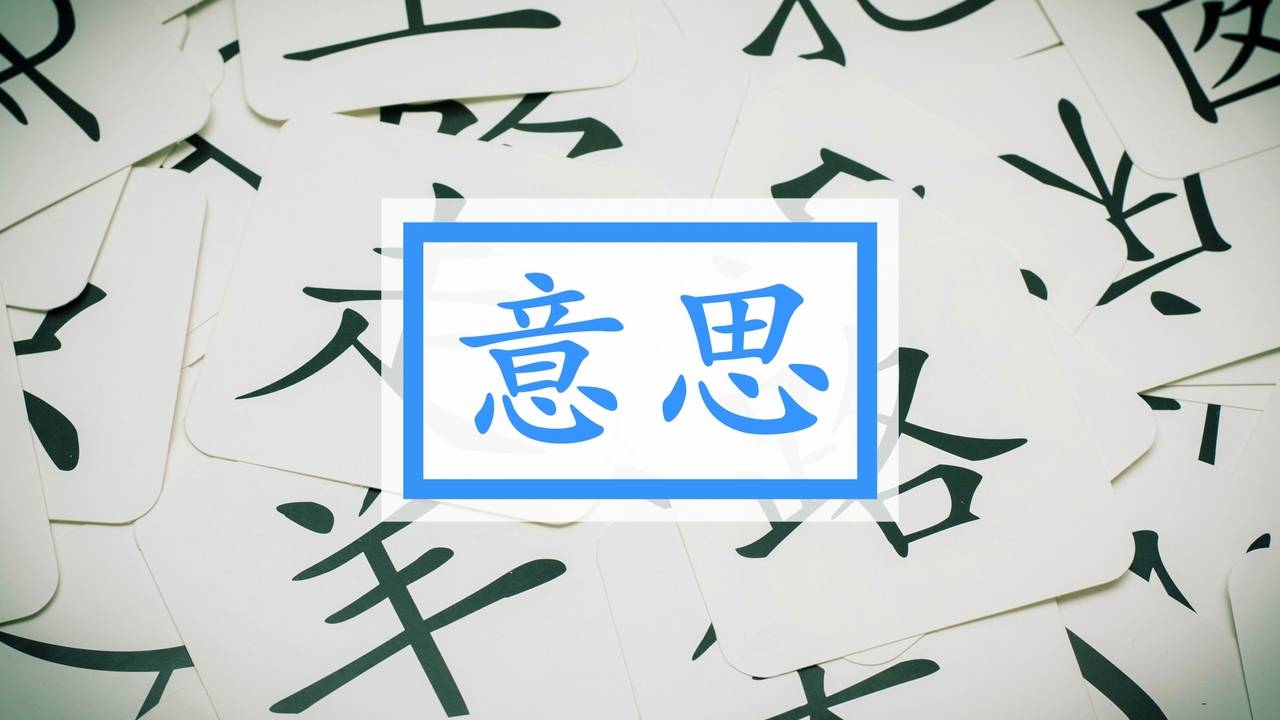
意思 in Context
7
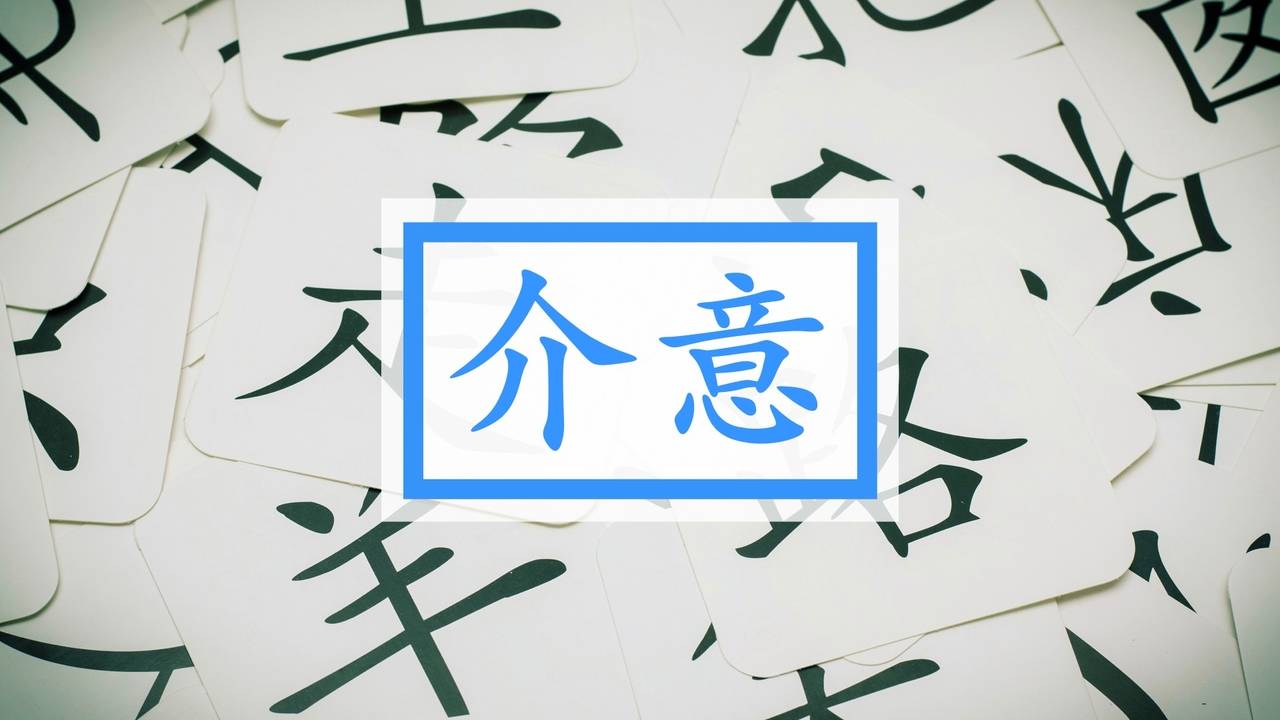
介意 in Context
8
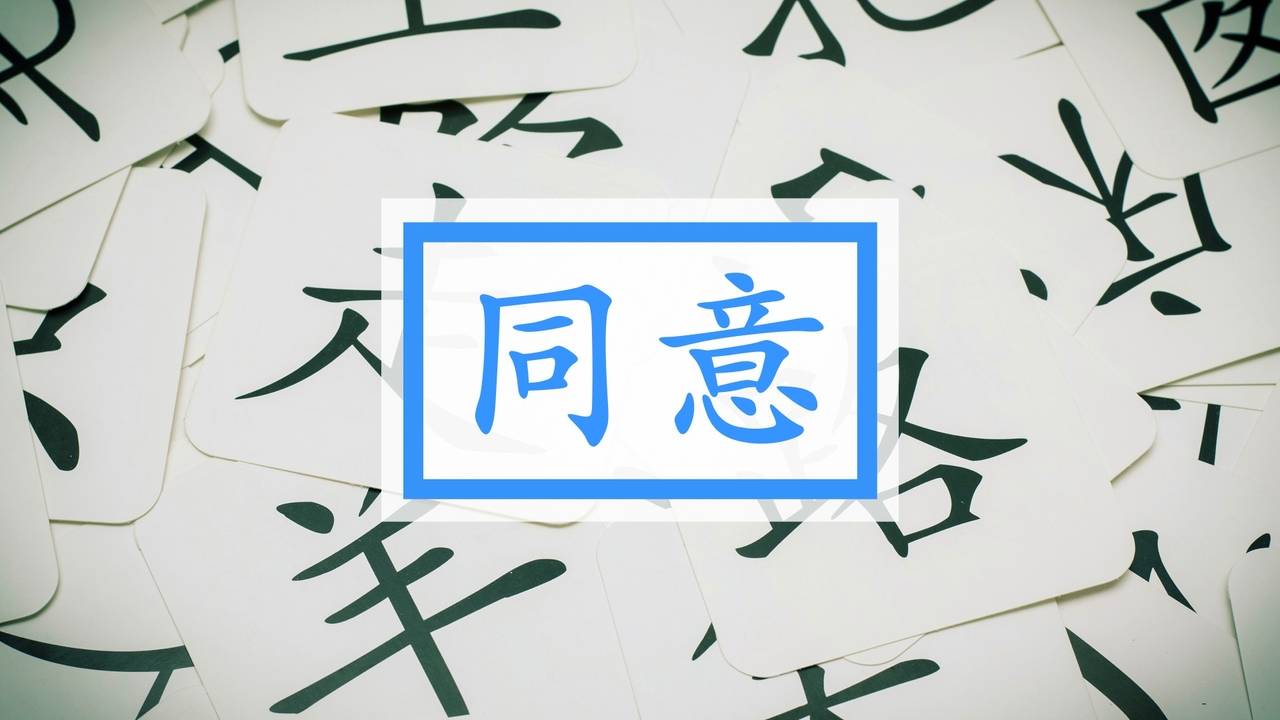
同意 in Context
9
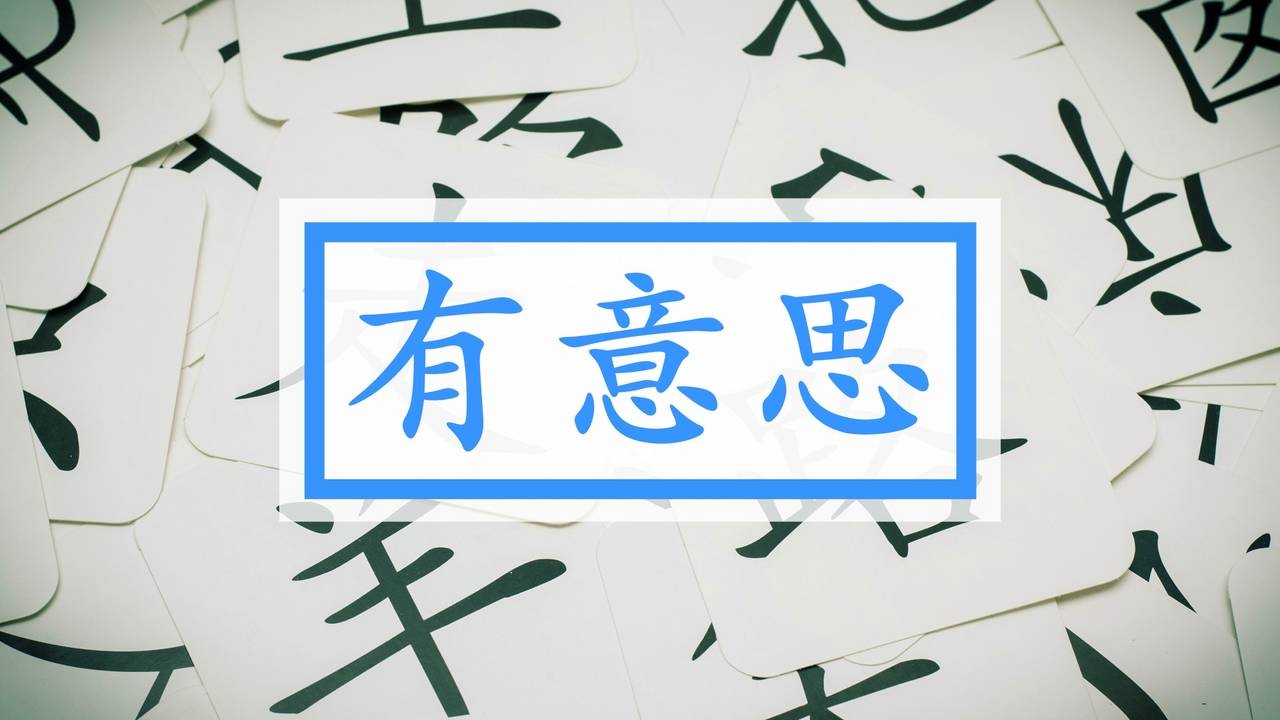
有意思 in Context
10
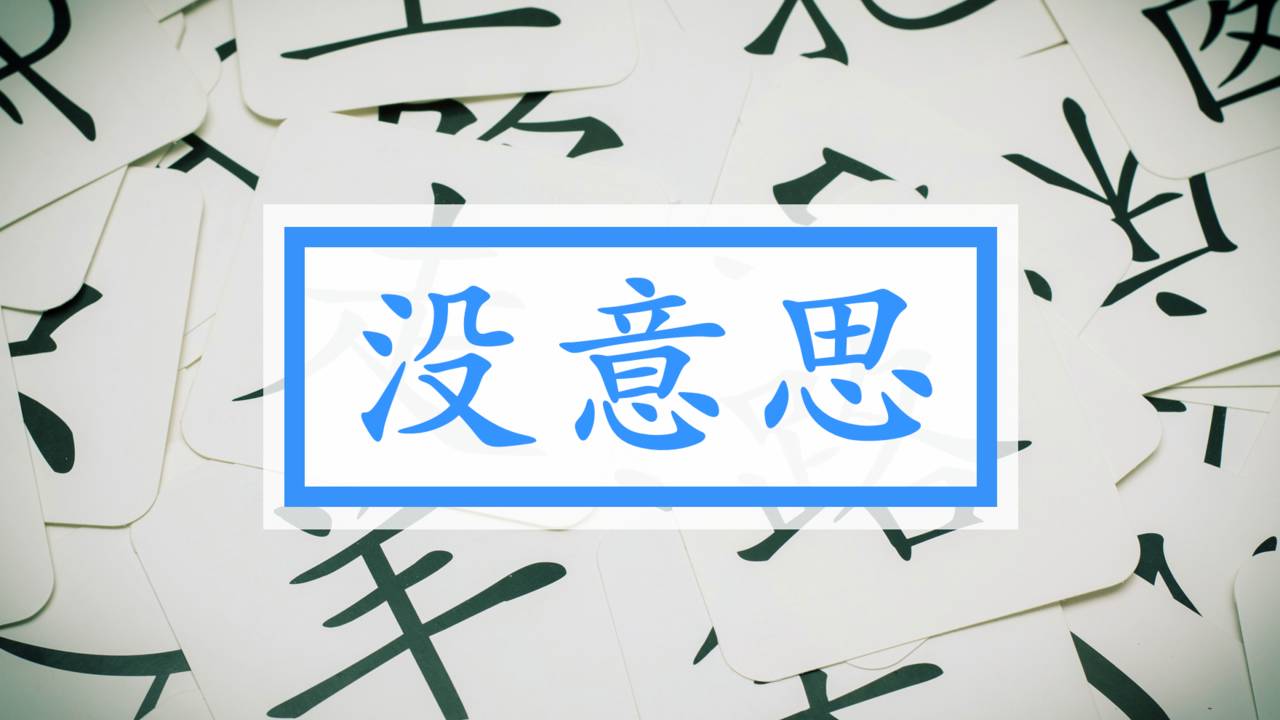
没意思 in Context
11
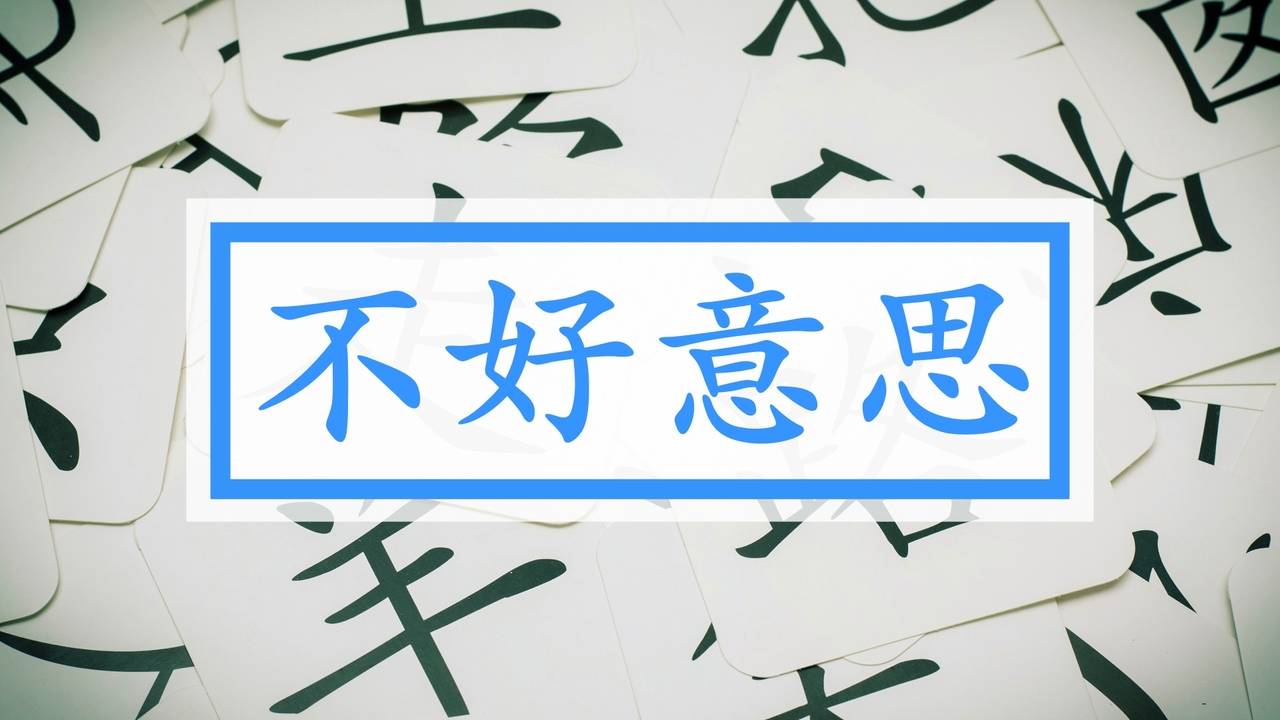
不好意思 in Context
12
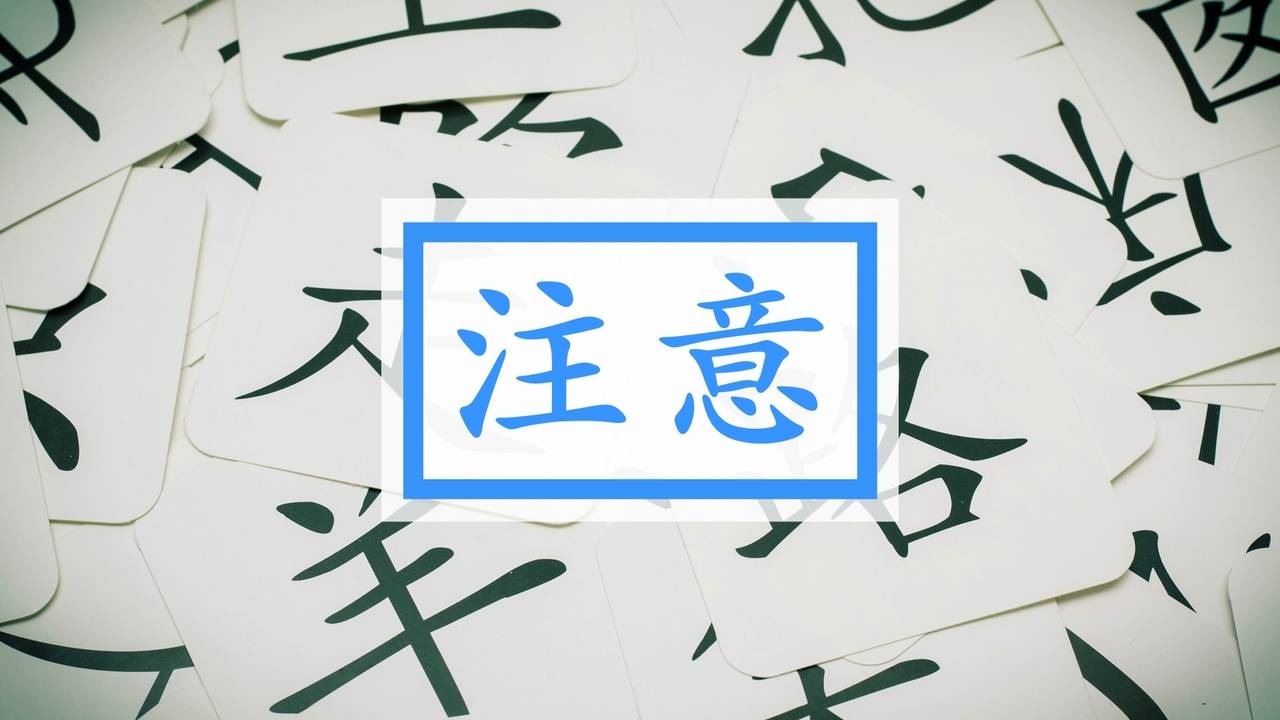
注意 in Context
13
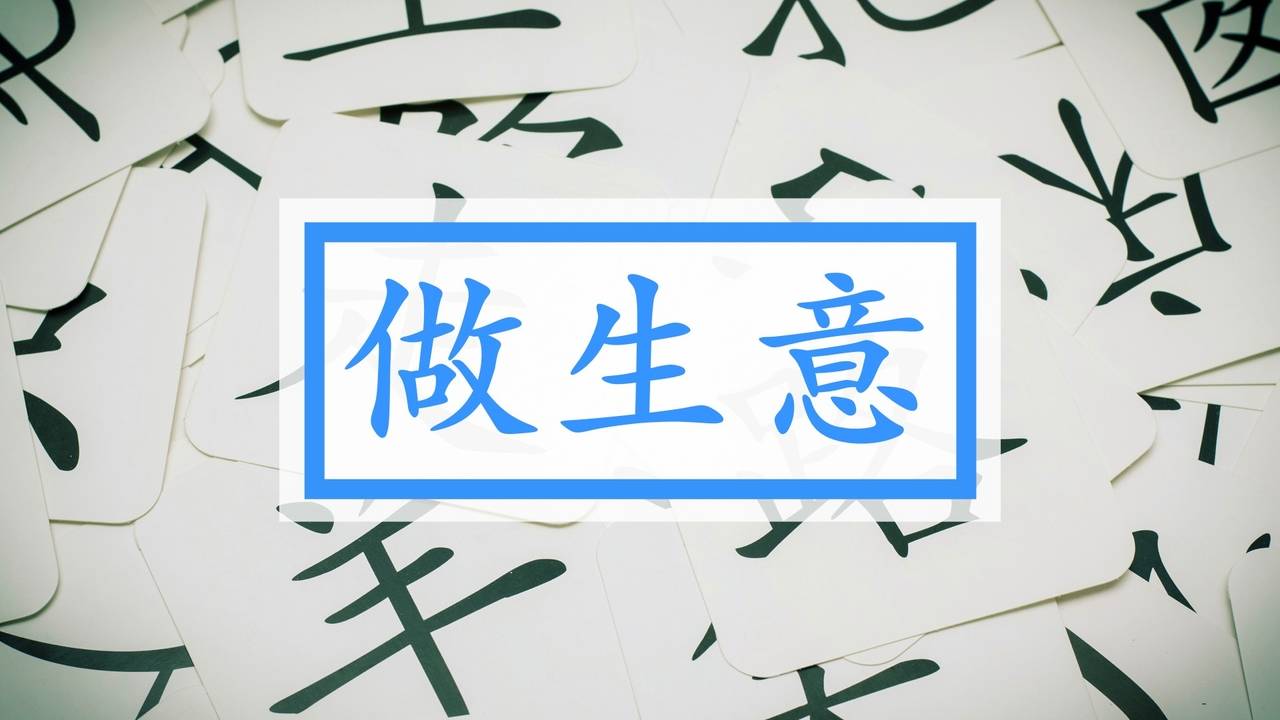
做生意 in Context
14
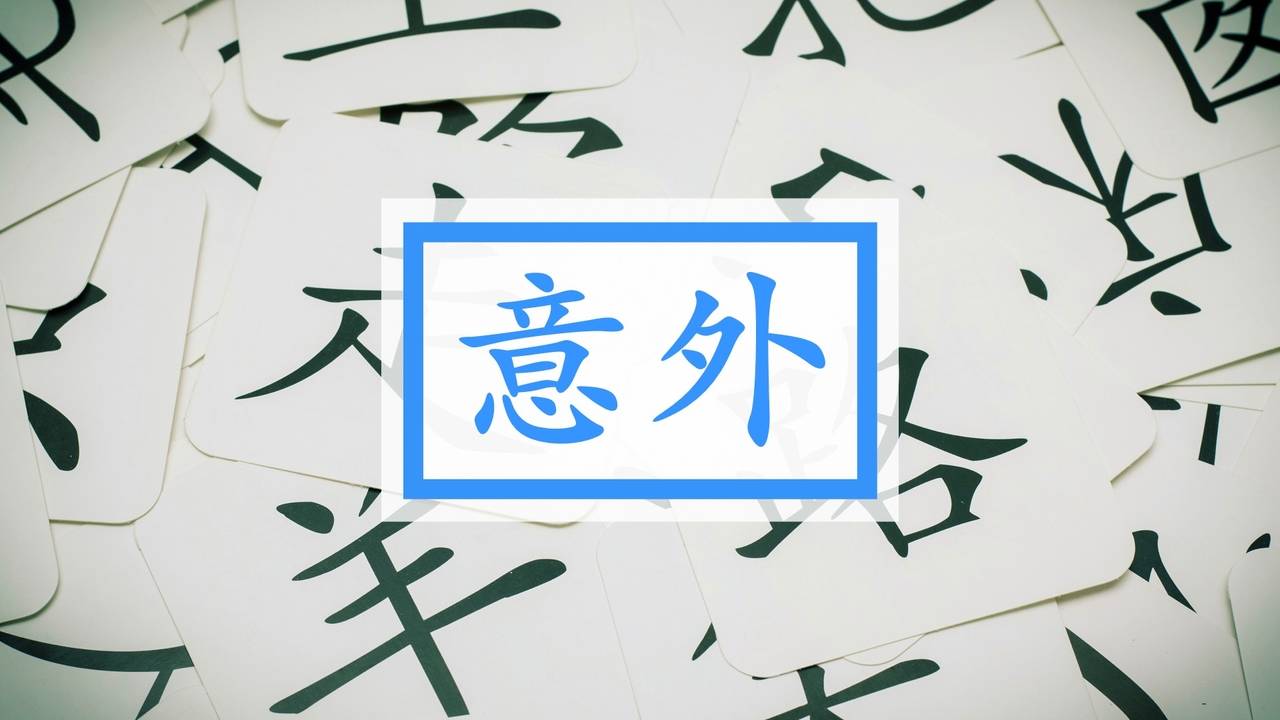
意外 in Context
15
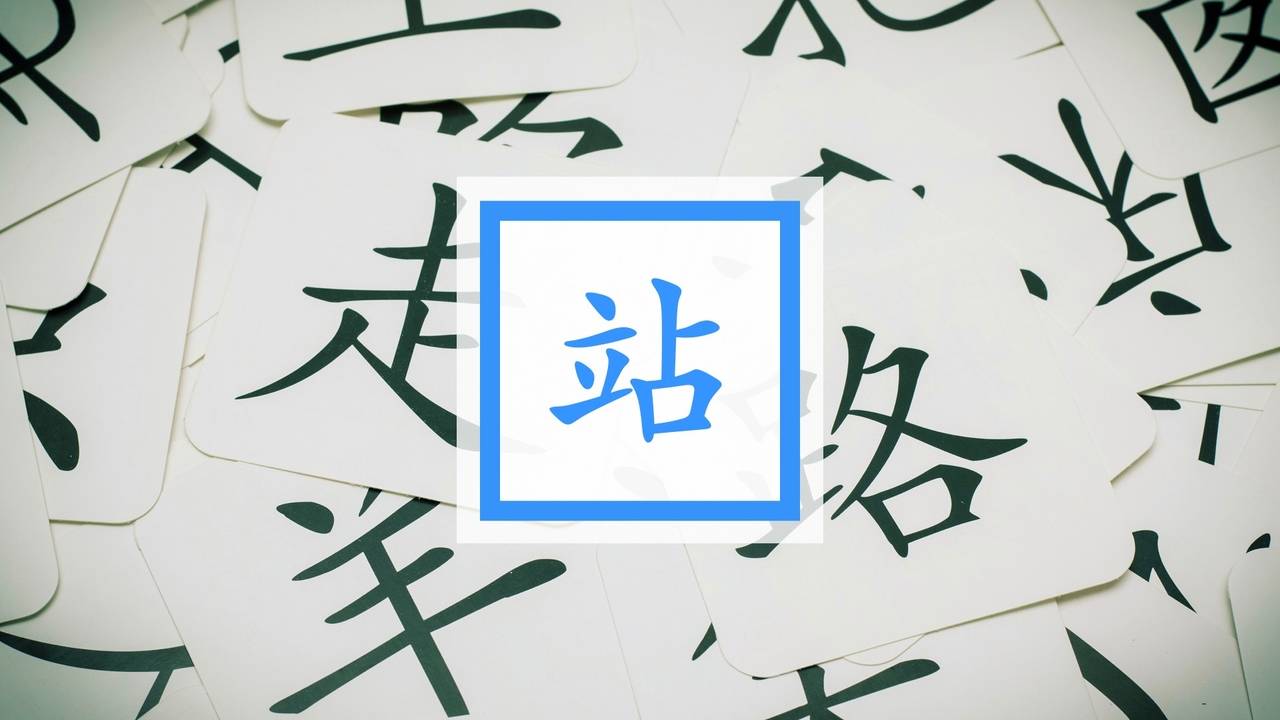
站 in Context
16
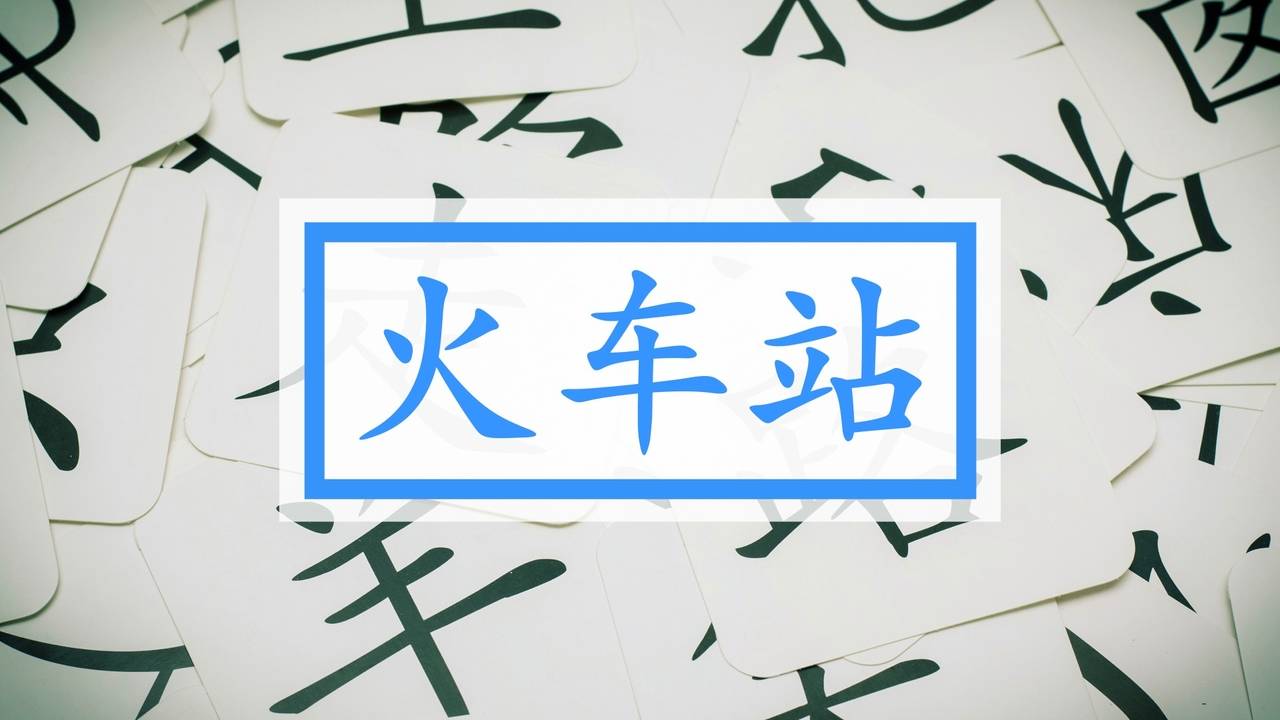
火车站 in Context
17
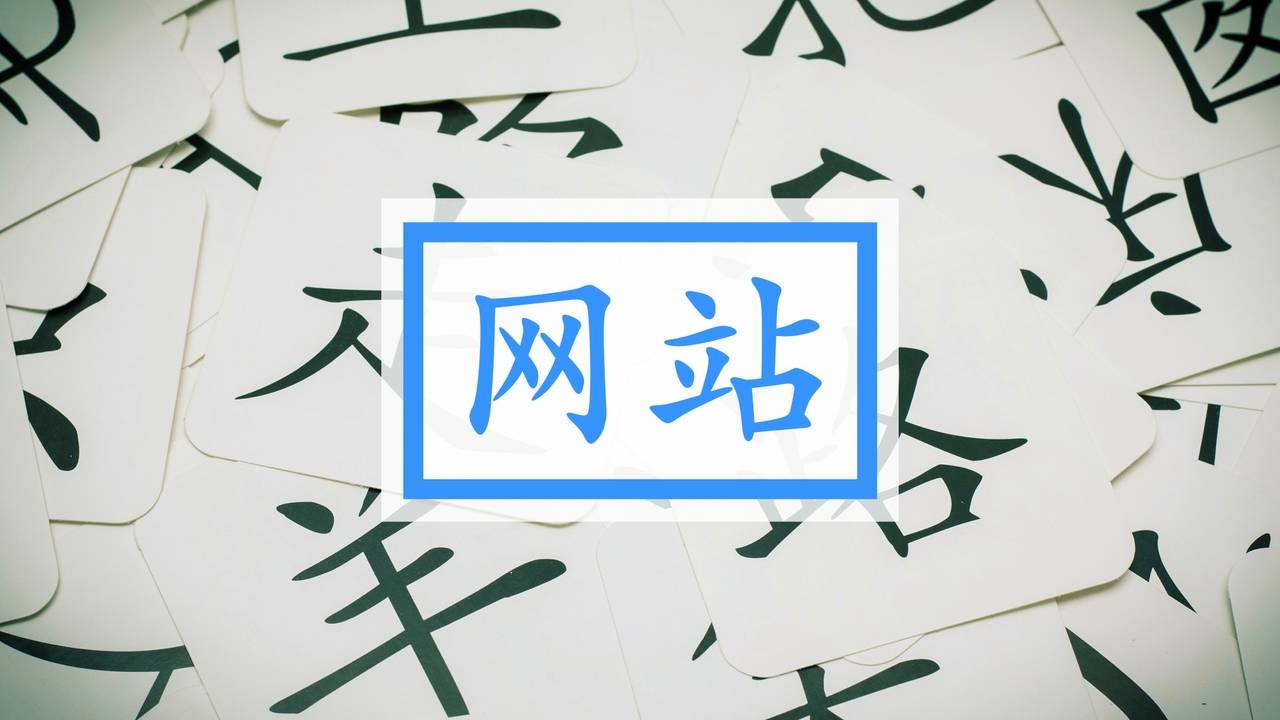
网站 in Context
18
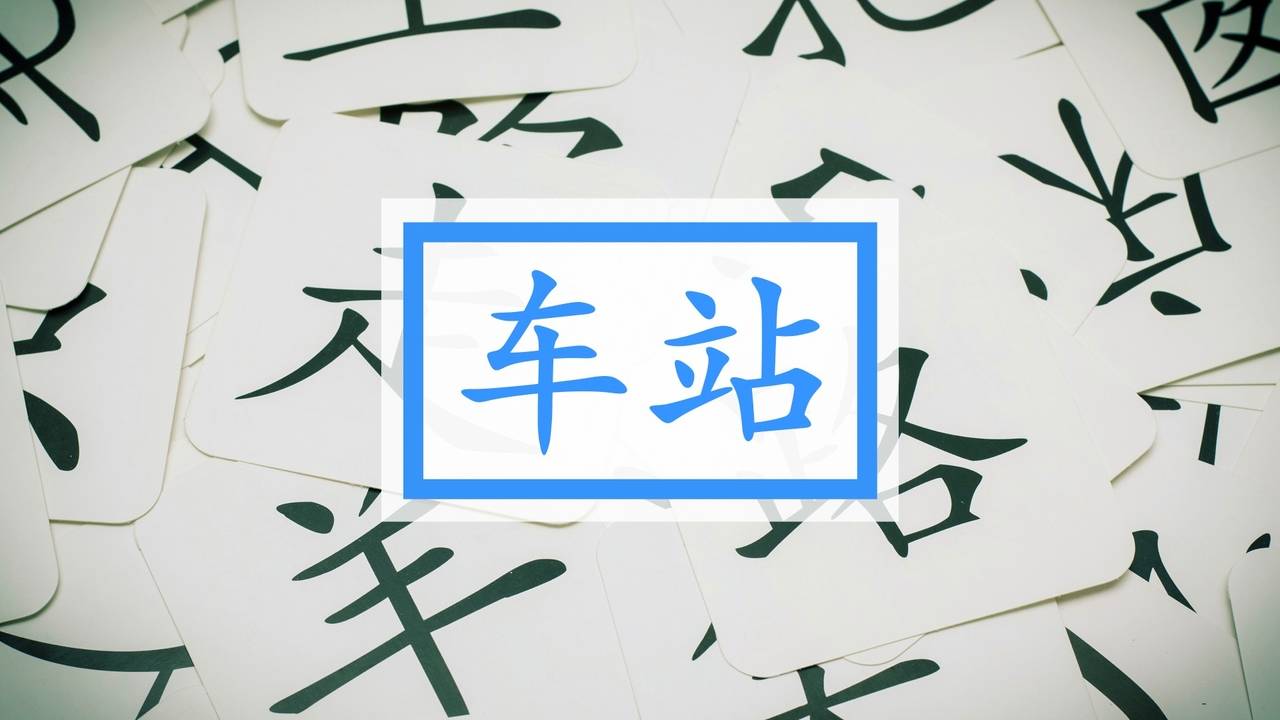
车站 in Context
19
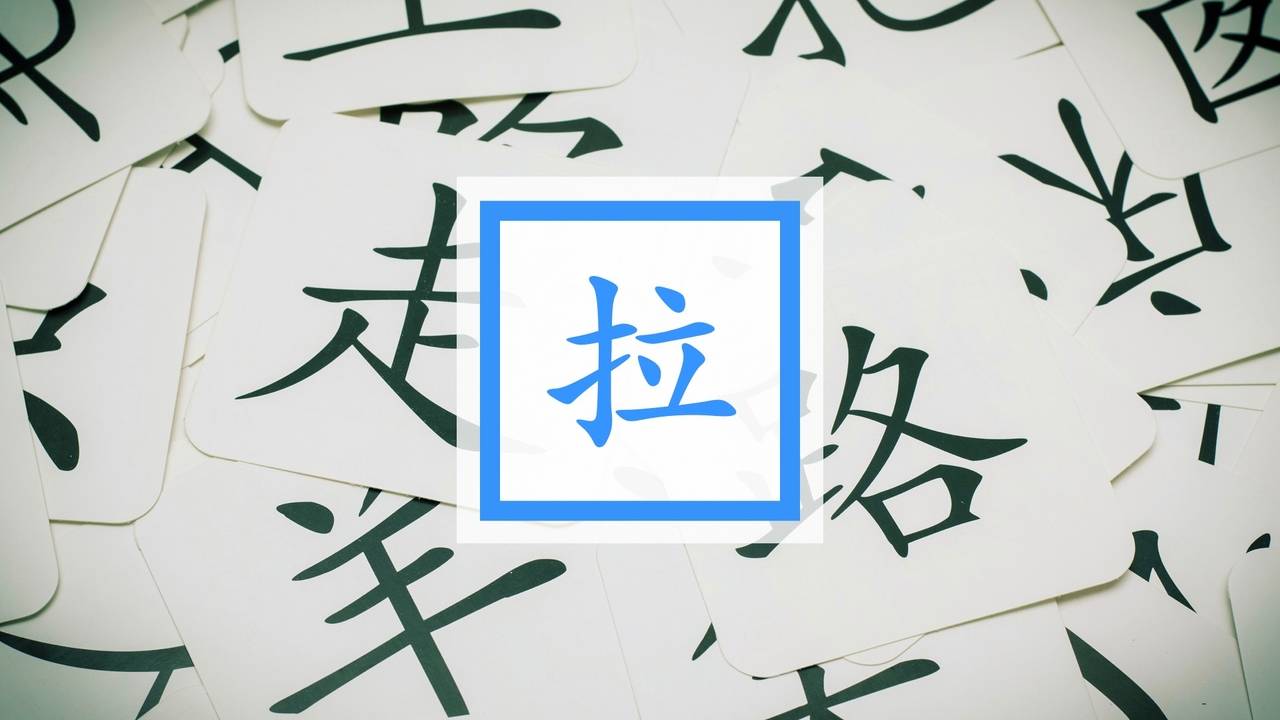
拉 in Context
20
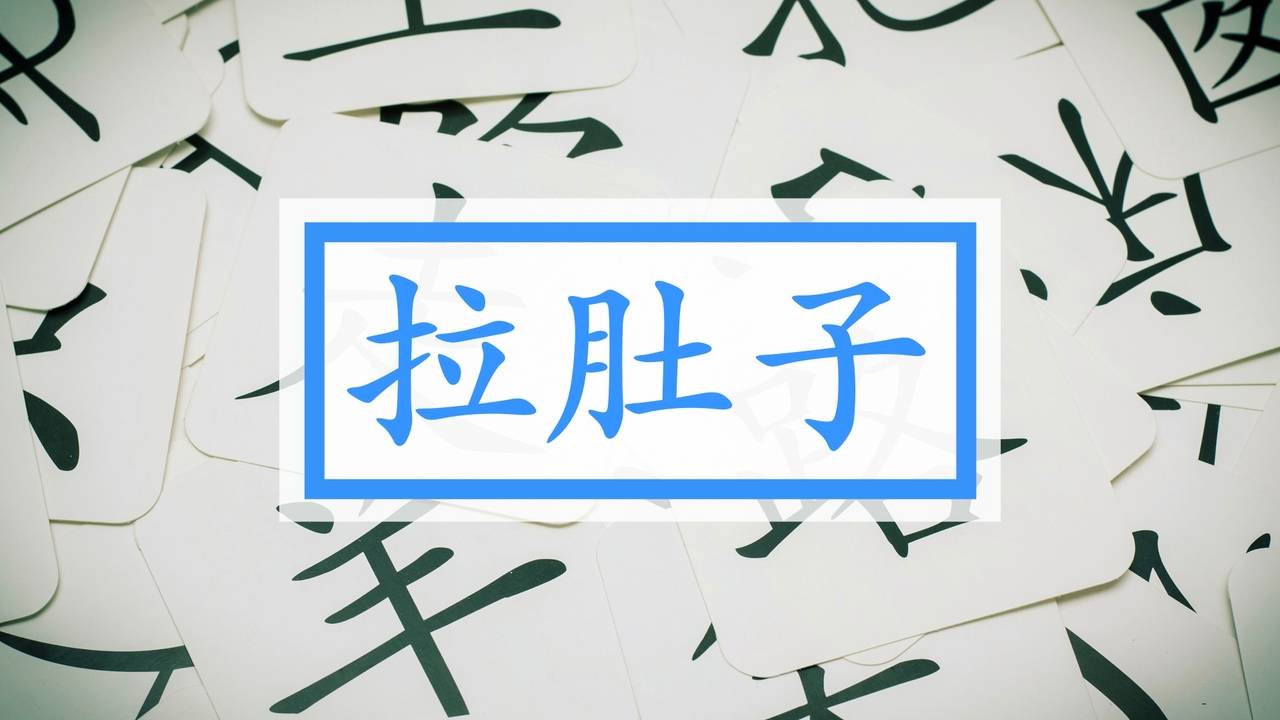
拉肚子 in Context
21
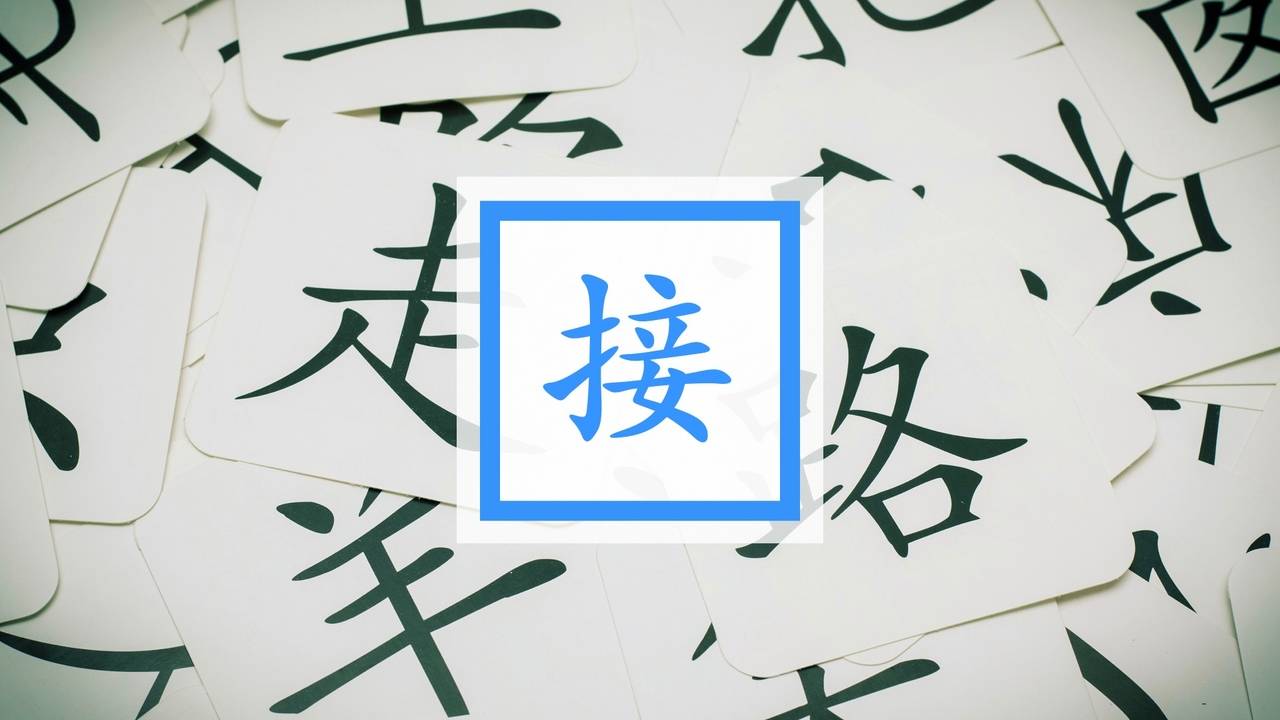
接 in Context
22
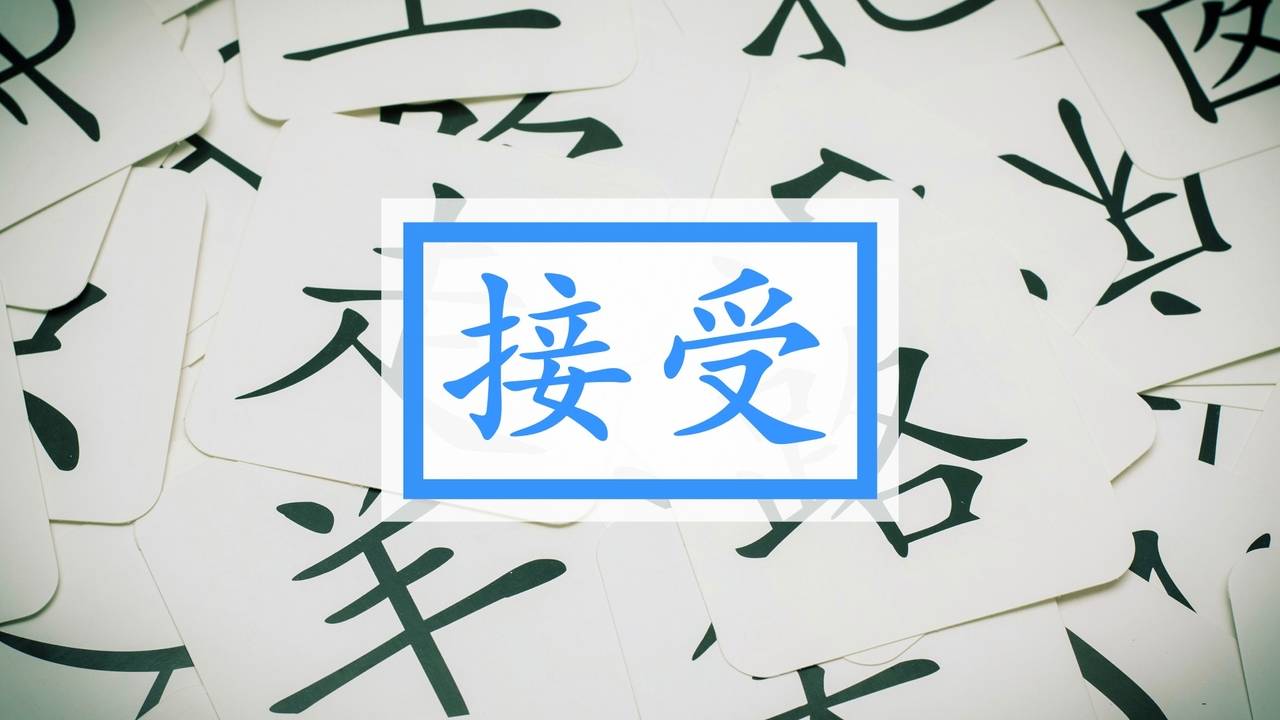
接受 in Context
23
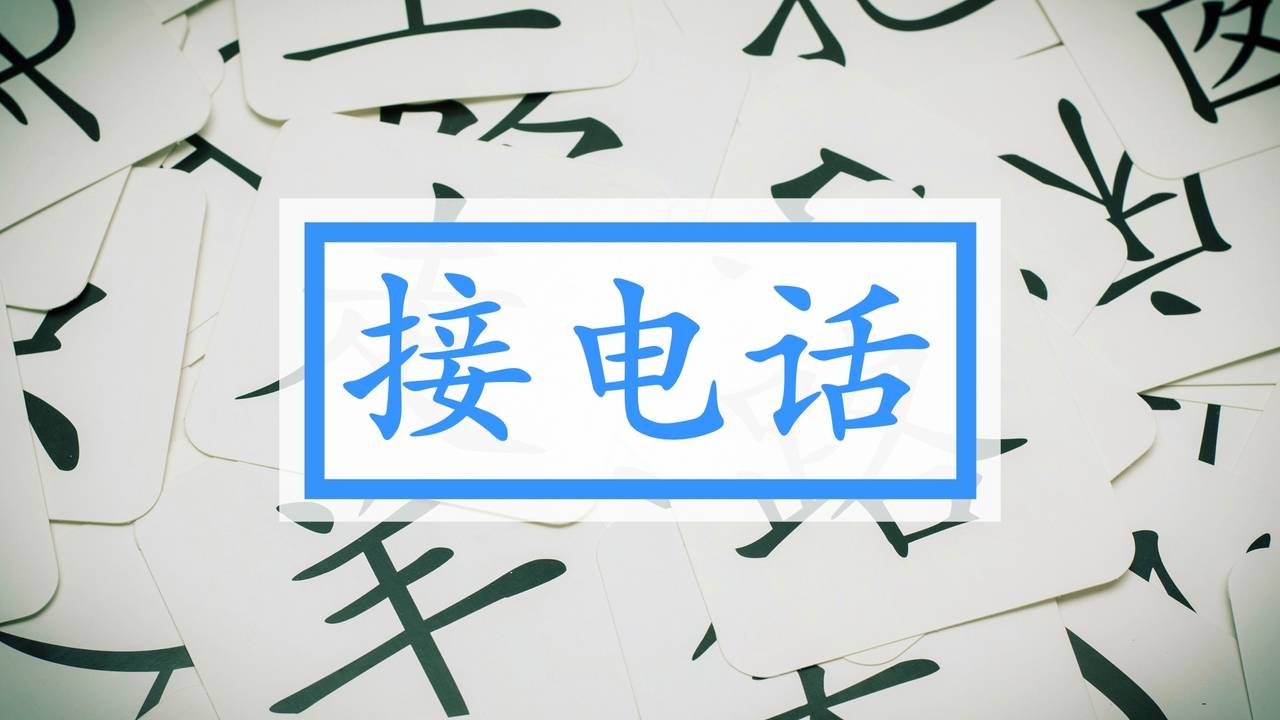
接电话 in Context
24
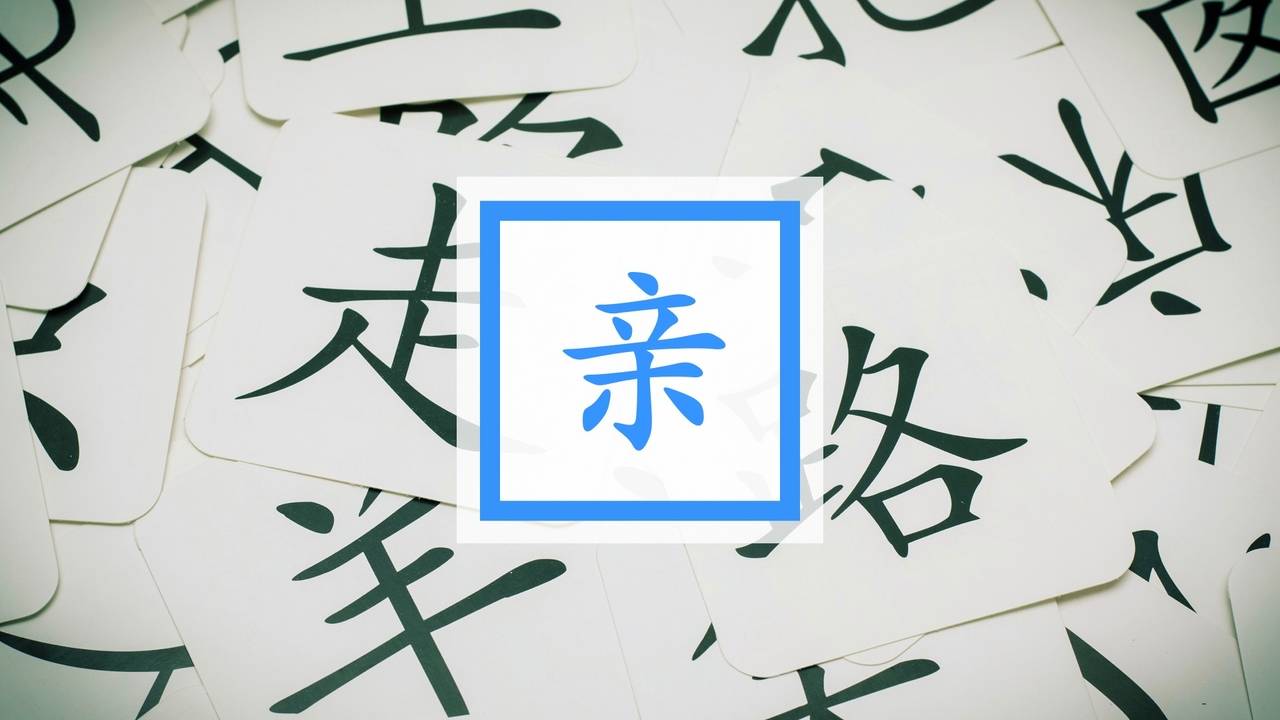
亲 in Context
25
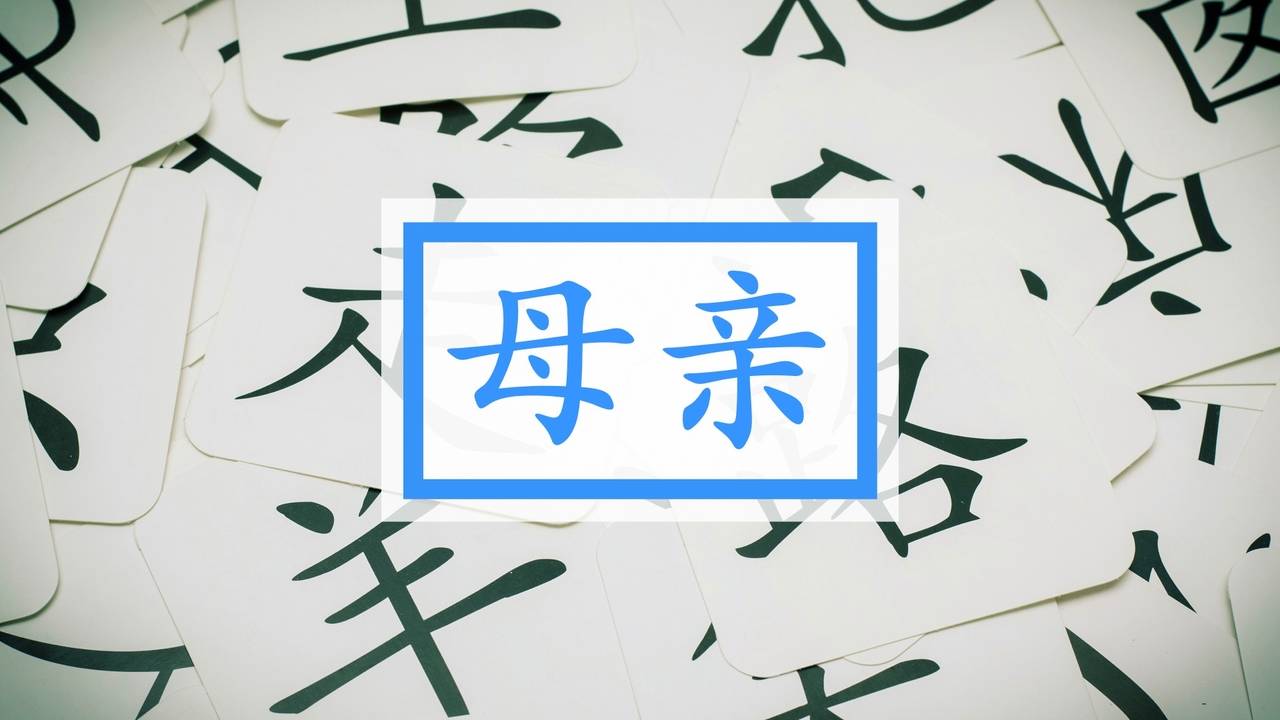
母亲 in Context
26

父亲 in Context
27
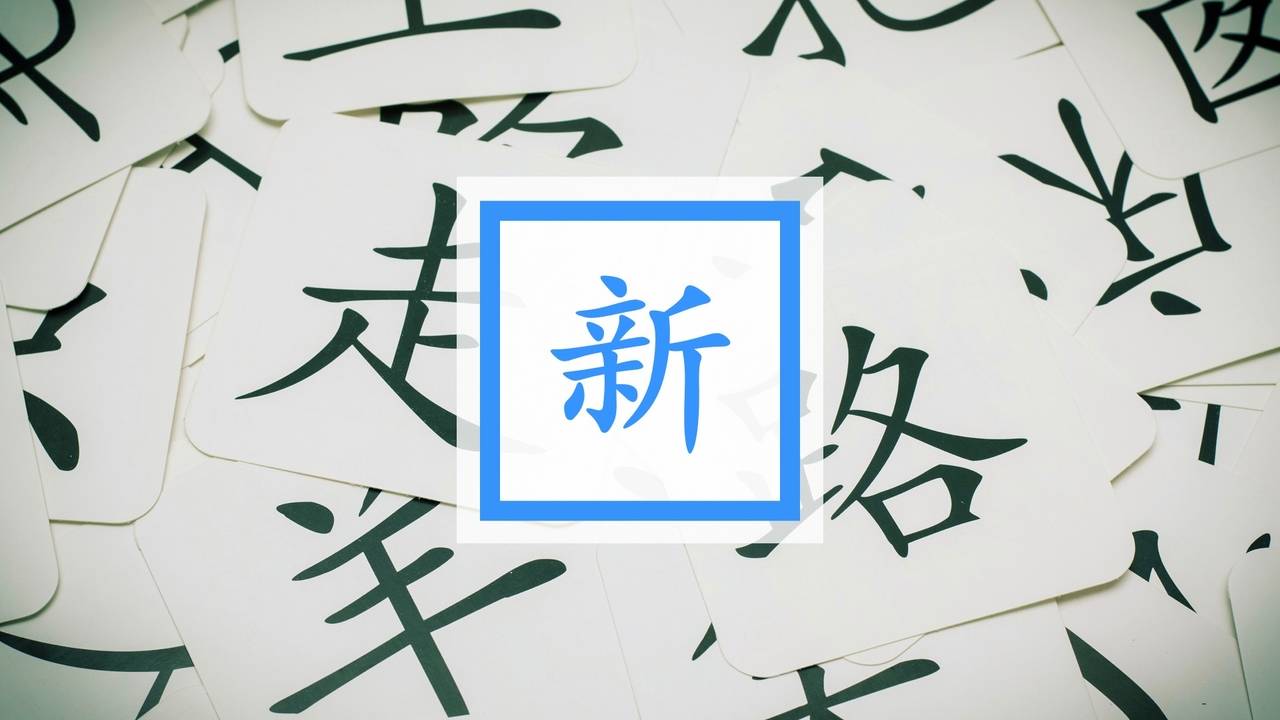
新 in Context
28
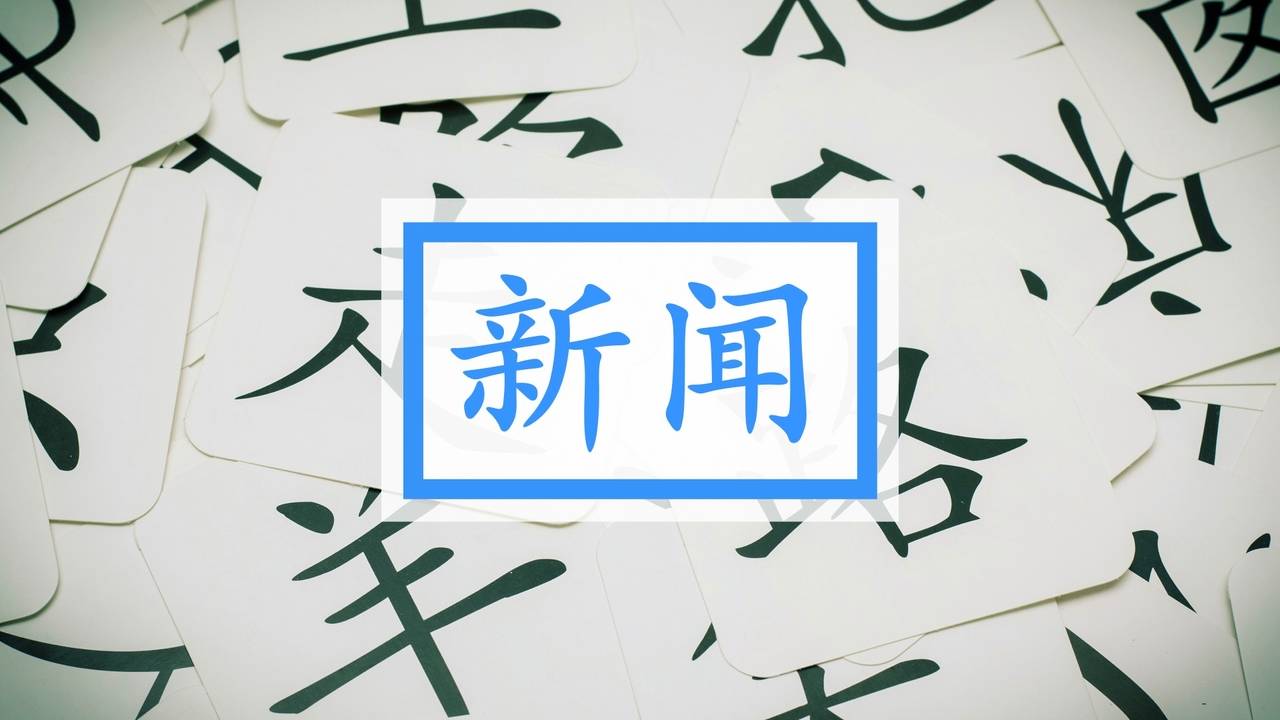
新闻 in Context
29
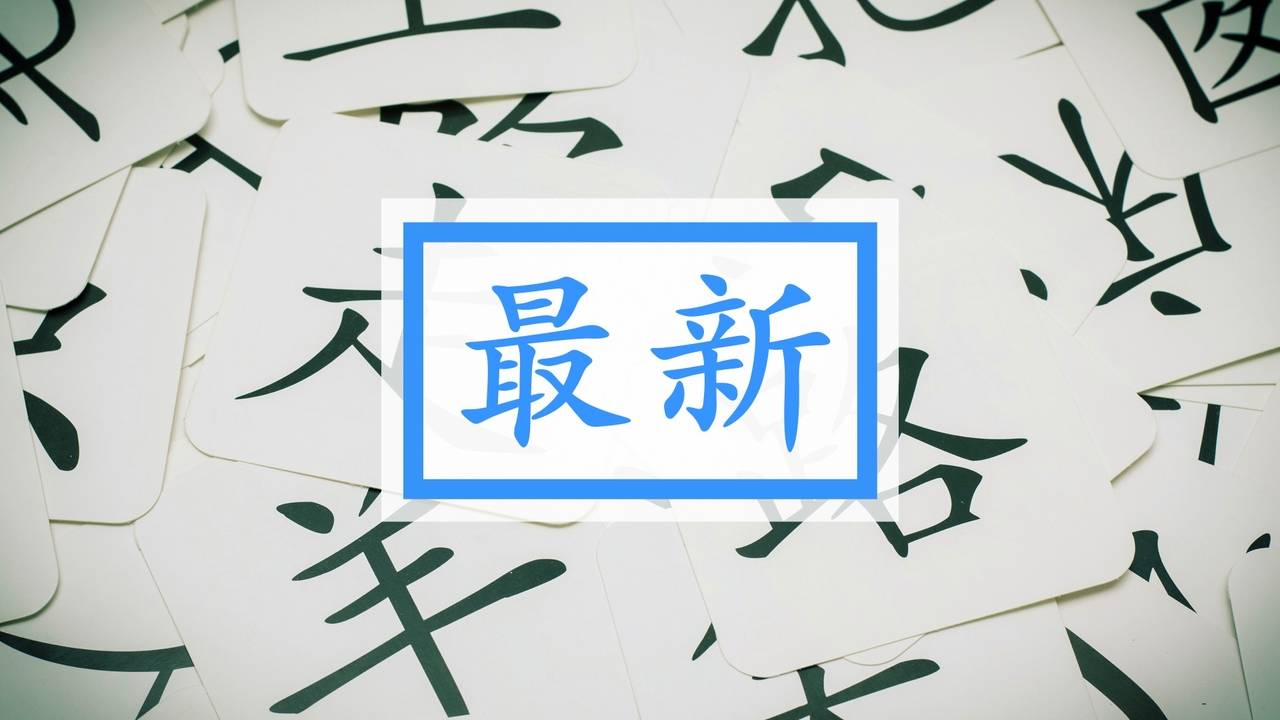
最新 in Context
30
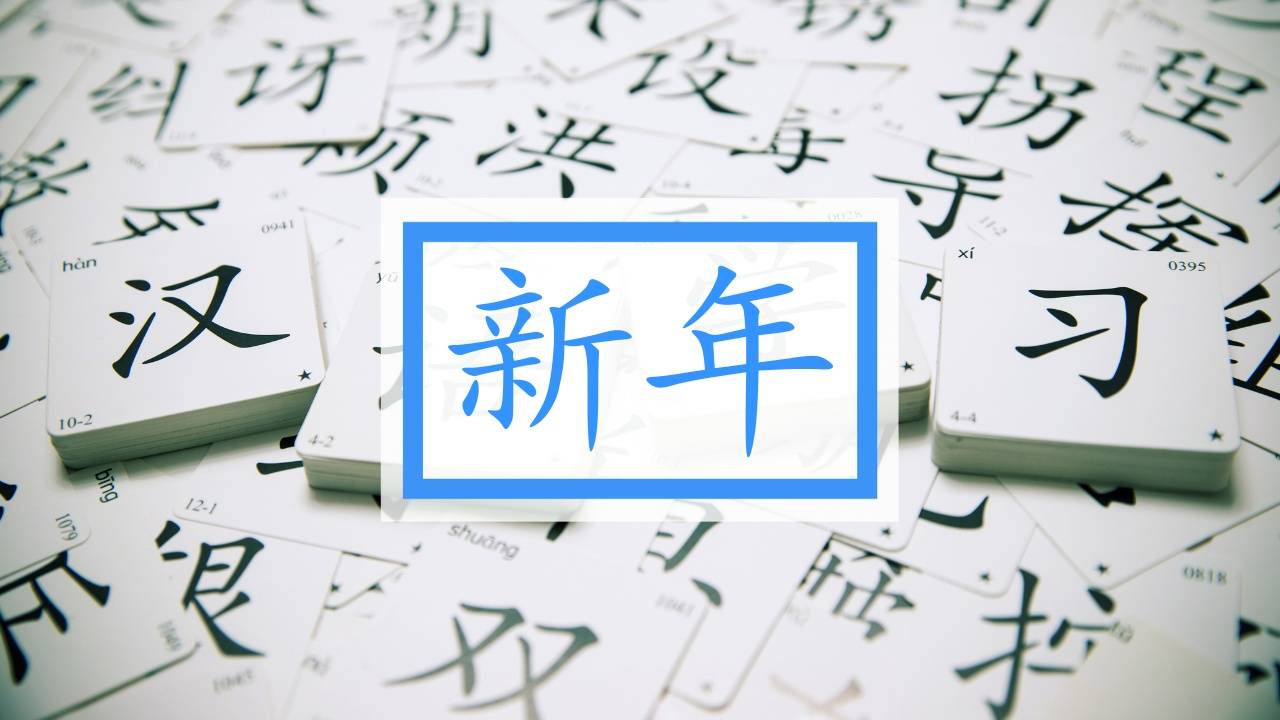
新年 in Context
31

杀 in Context
32
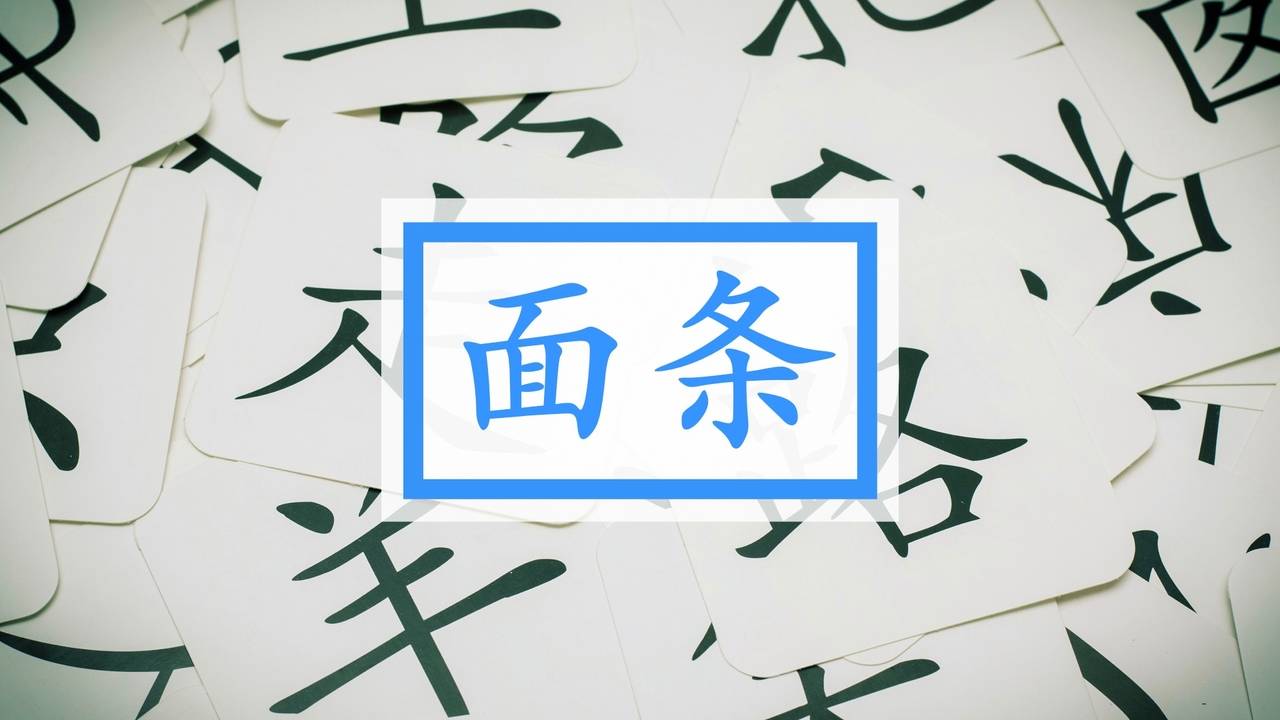
面条 in Context
33
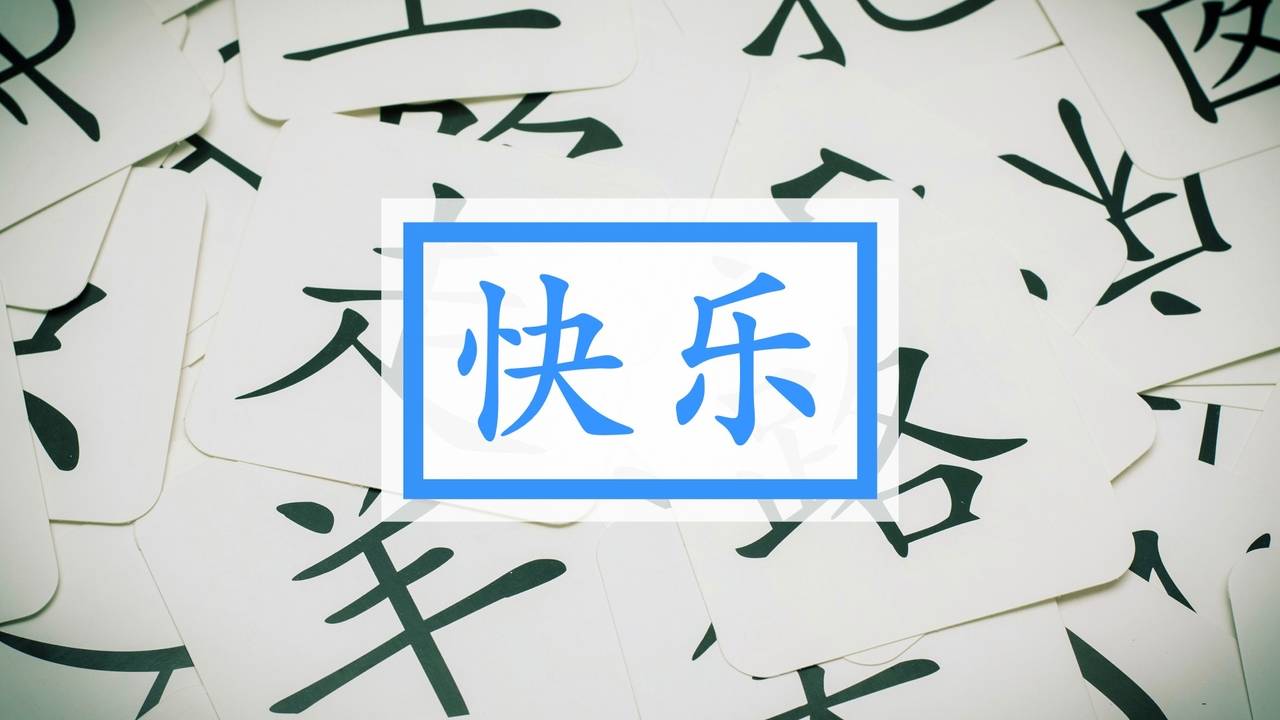
快乐 in Context
34

音乐 in Context
35
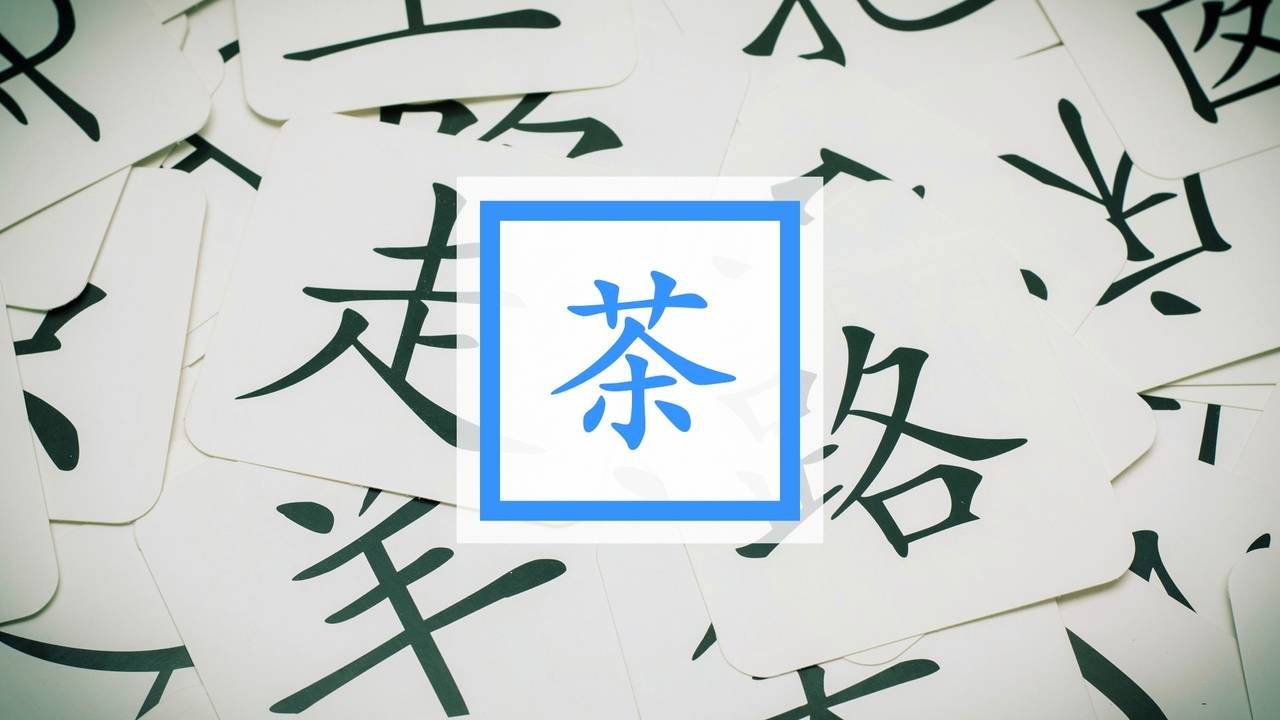
茶 in Context
36
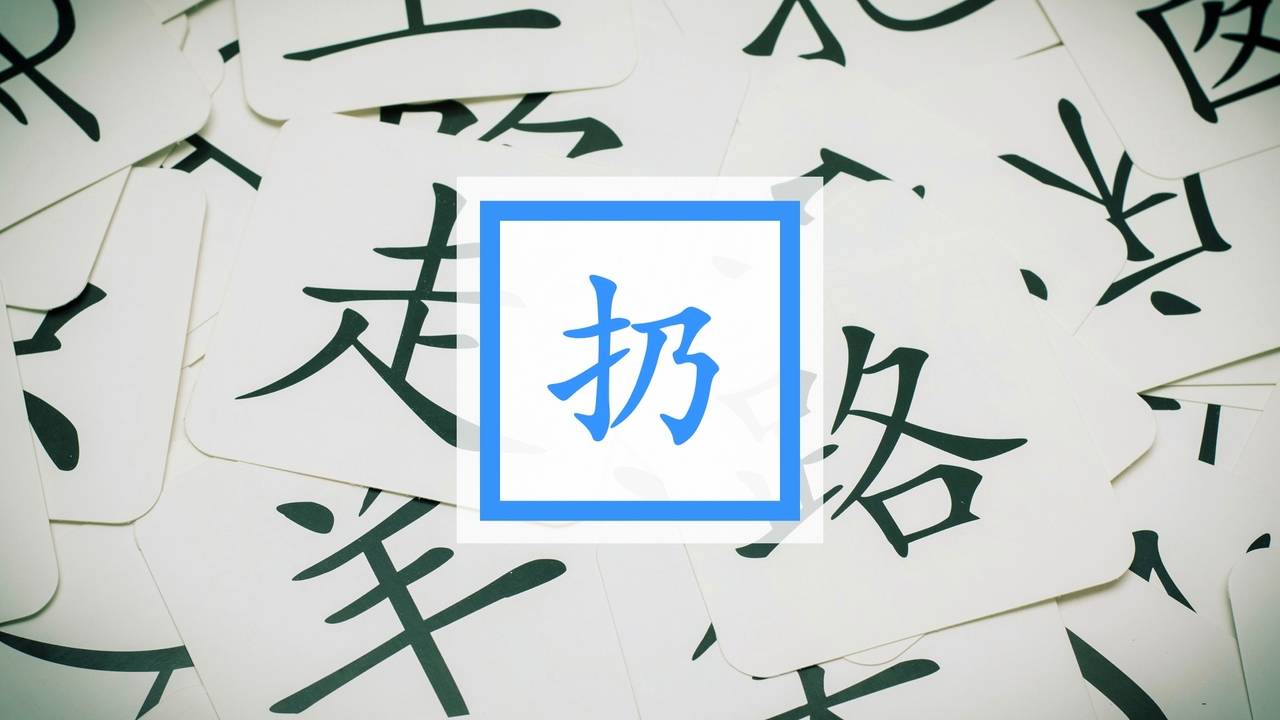
扔 in Context
37
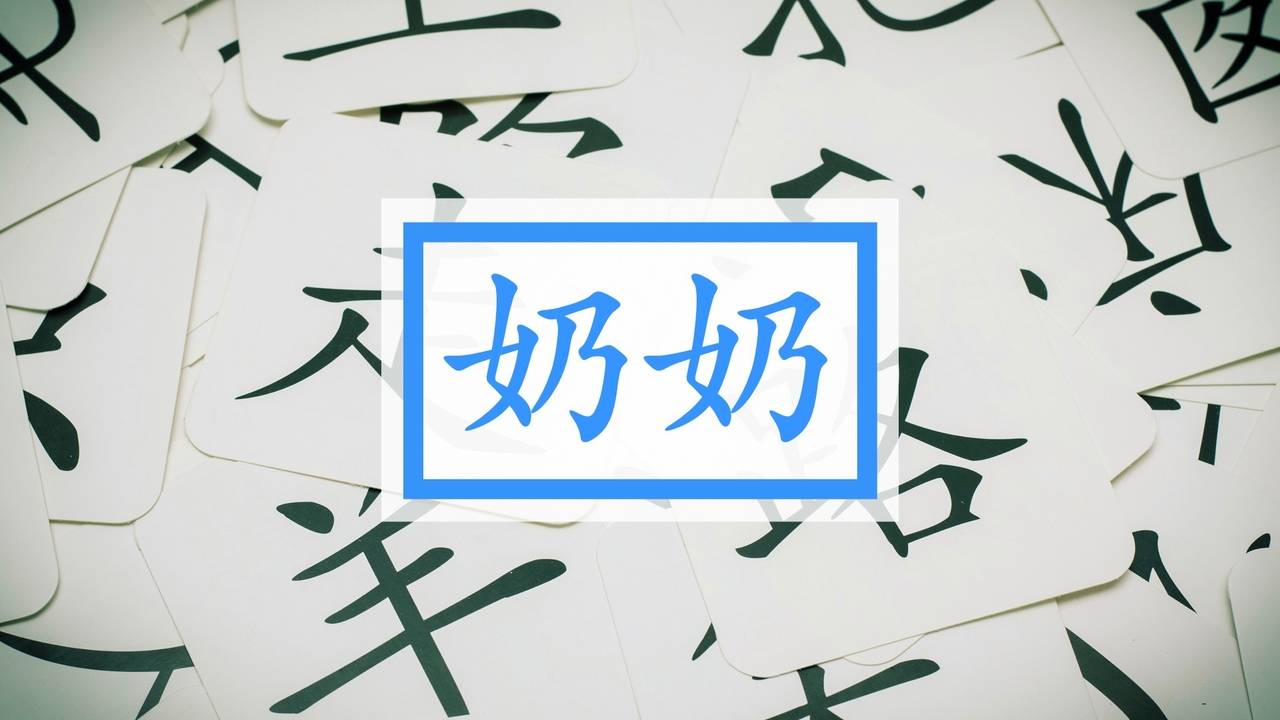
奶奶 in Context
38
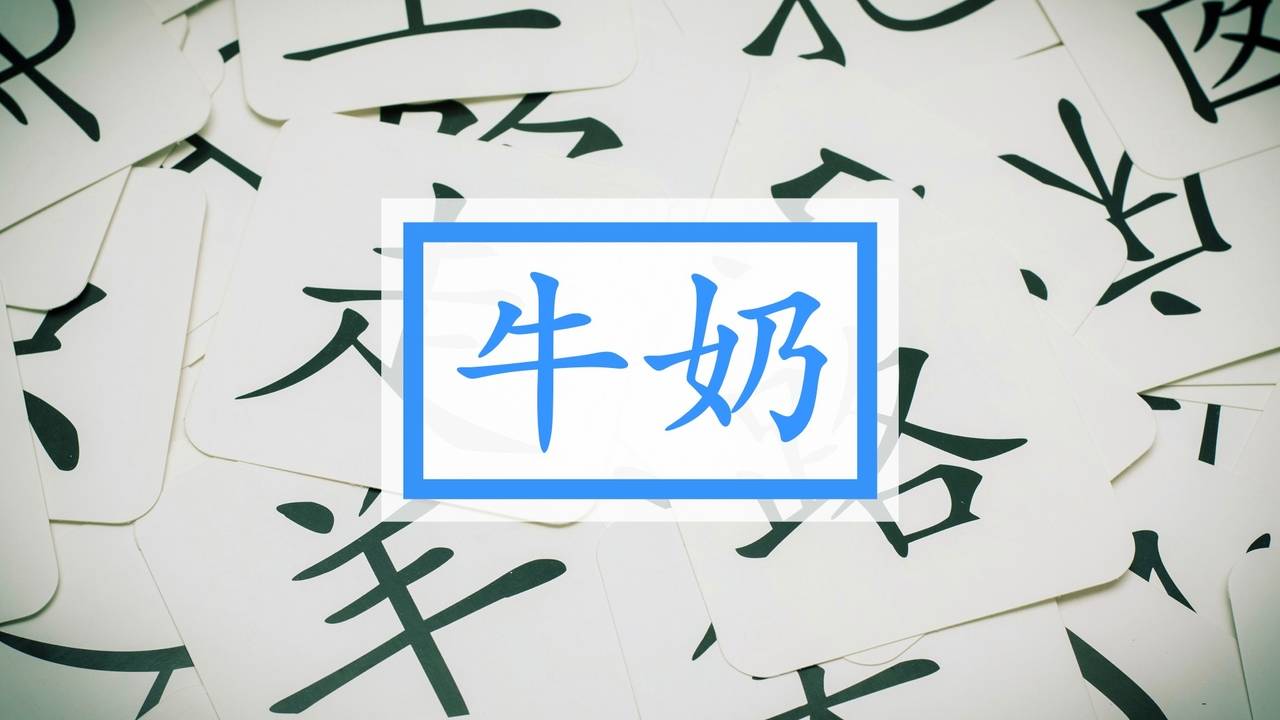
牛奶 in Context
39
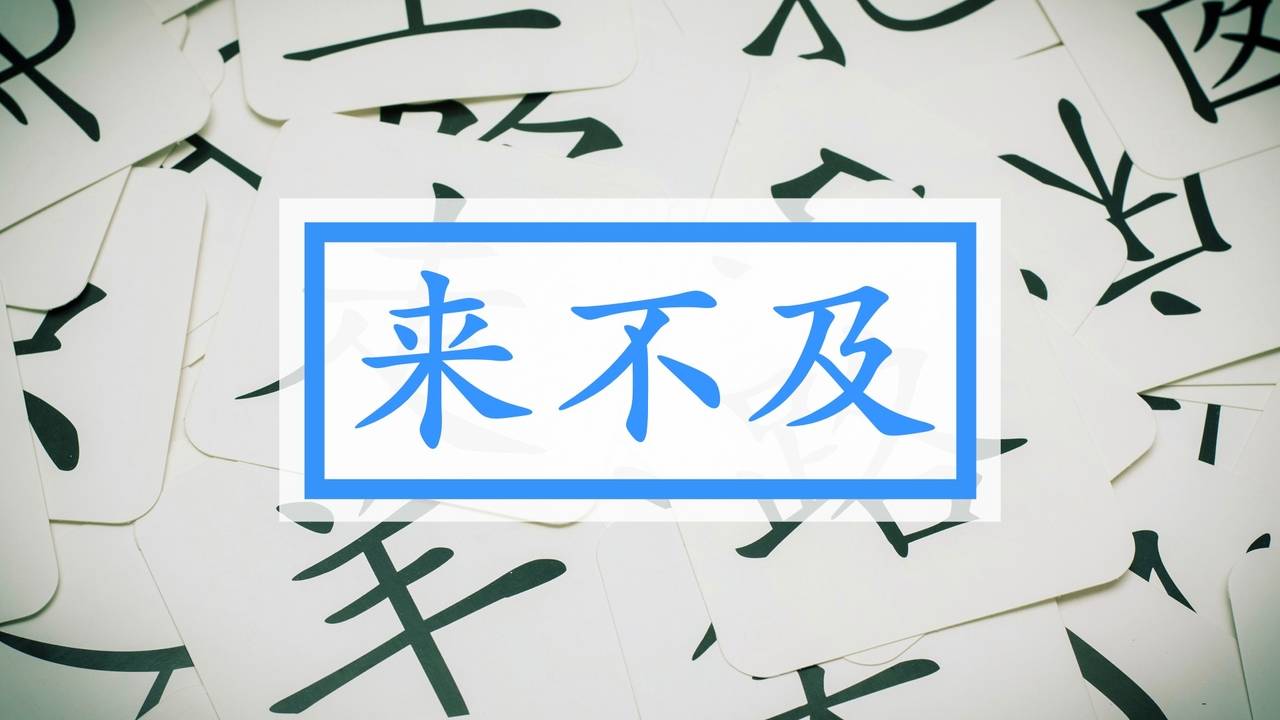
来不及 in Context
40
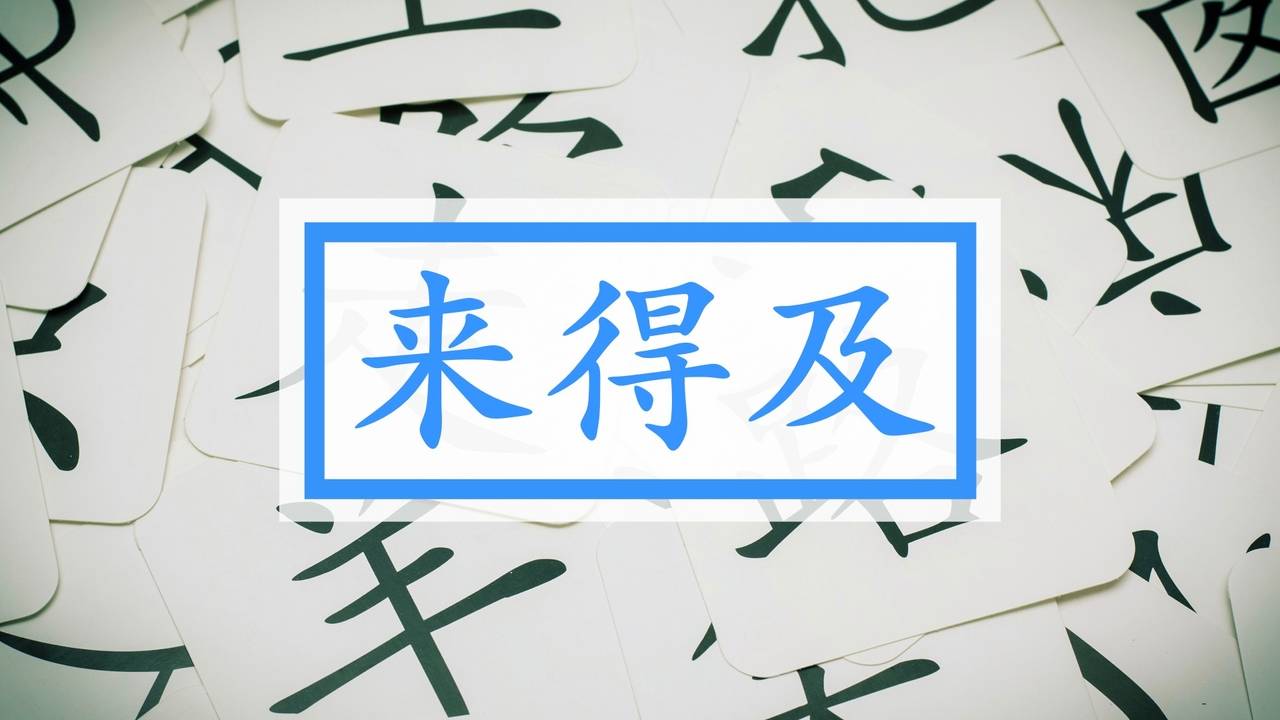
来得及 in Context
41
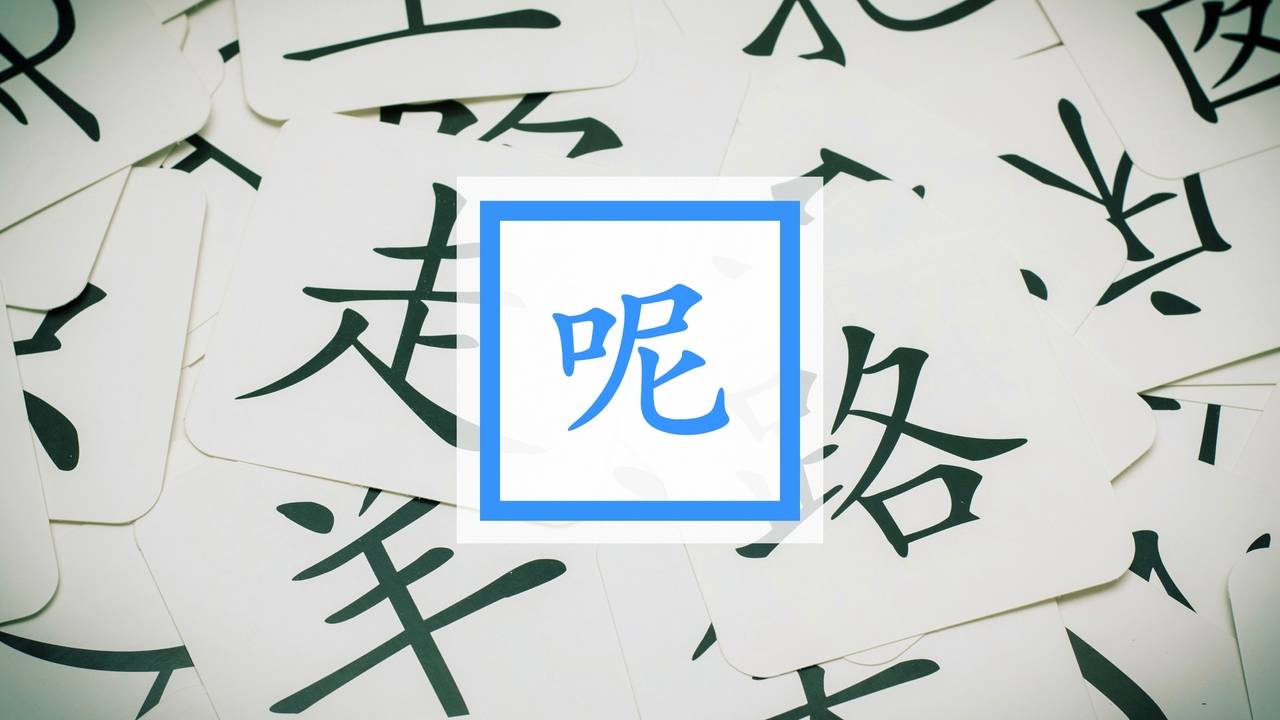
呢 in Context
42
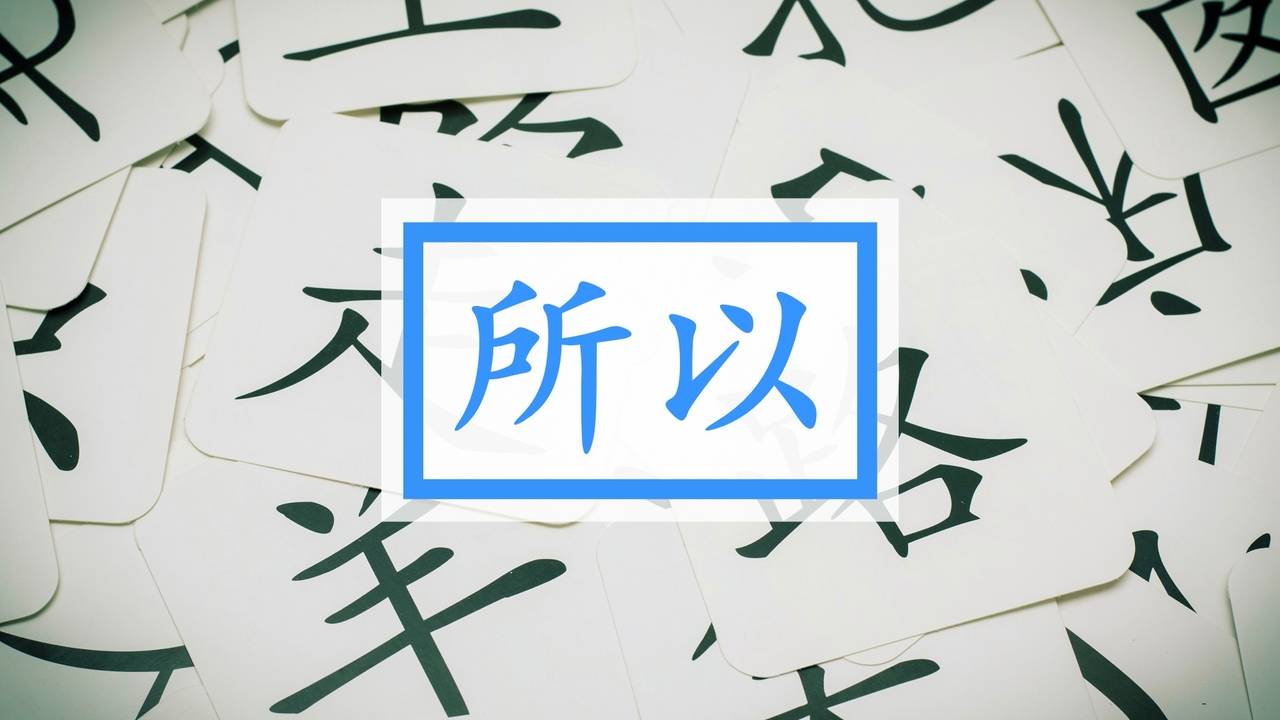
所以 in Context
43
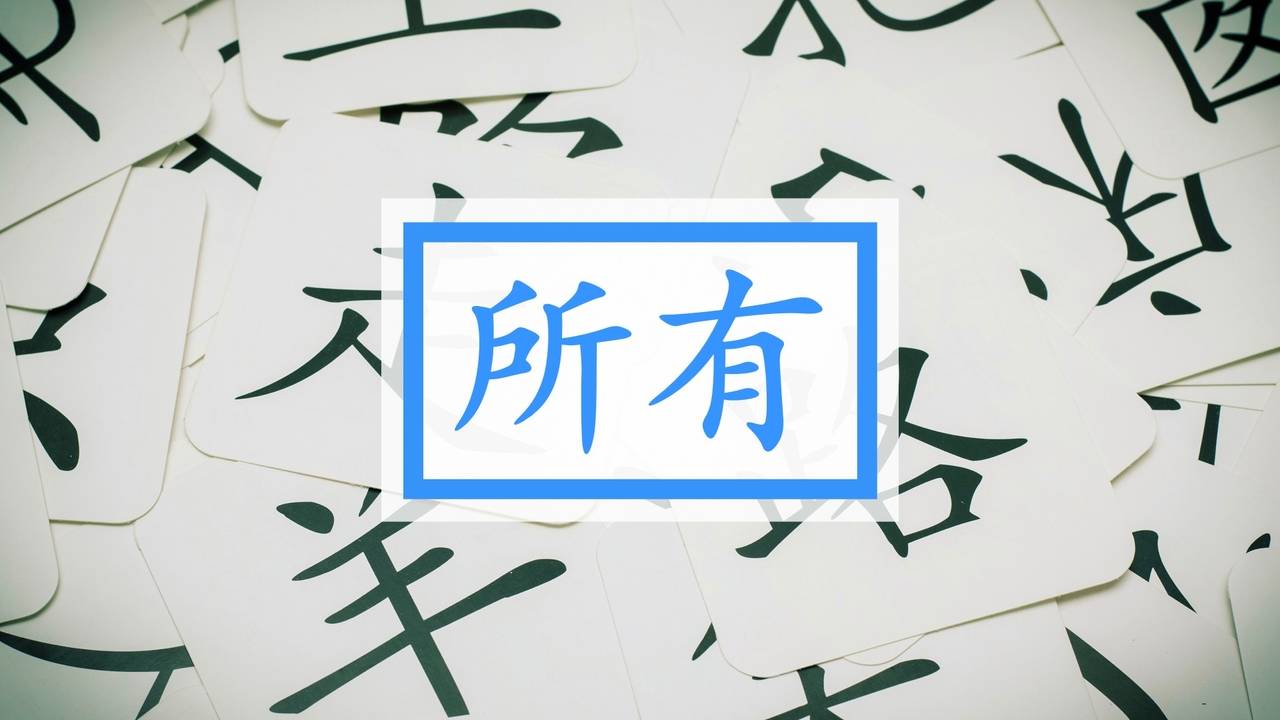
所有 in Context
44
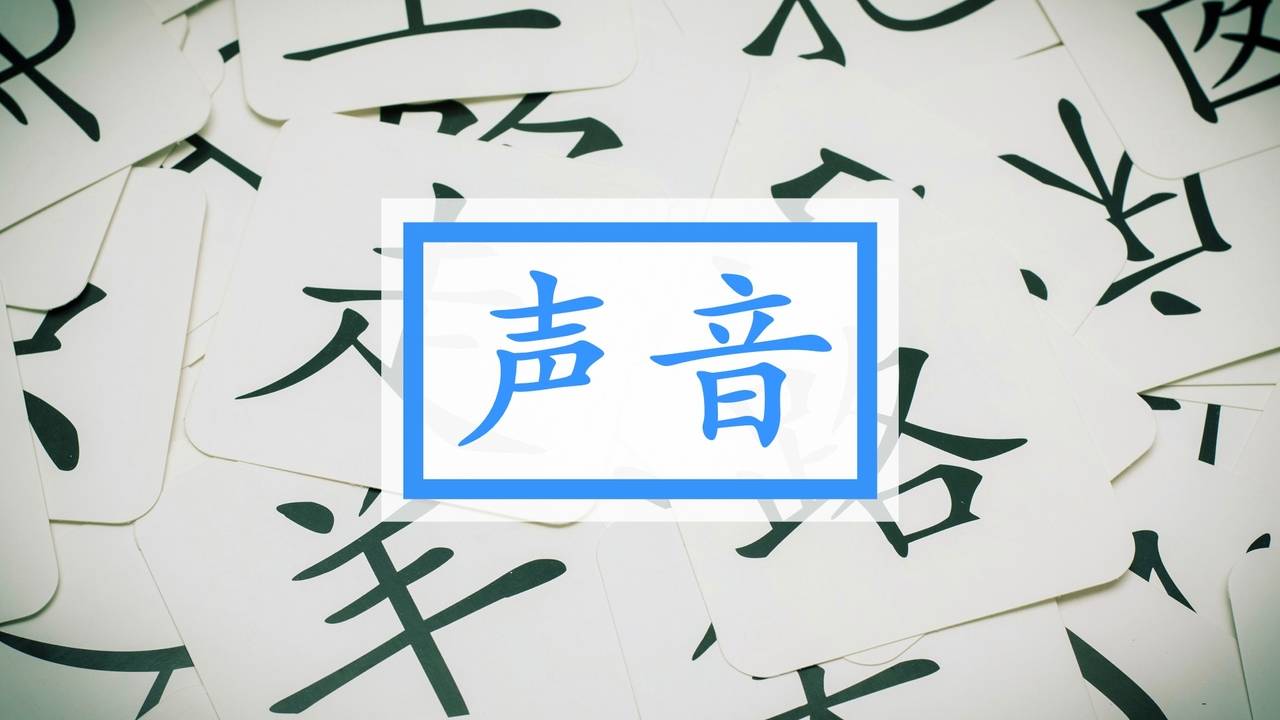
声音 in Context
Next Character
父亲 in Context
CONGRATULATIONS!
A NEW WORD HAS BEEN UNLOCKED
父亲
Usage 1 - "father (formal)":
Sentence
最疼爱我的人是我的父亲。
English
The person who loves me the most is my father.
Top-Down Words:
疼爱 téngài - love dearly, be very fond of
*Sentence
小白的父亲走到司马光身边对他说:“司马光,谢谢你!”
English
Xiaobai's father walked to Sima Guang and said, "Sima Guang, thanks!"
Top-Down Words:
司马光 Sī Mǎguāng - Chinese name
Need a Reminder?
The Six Steps to Learning Words



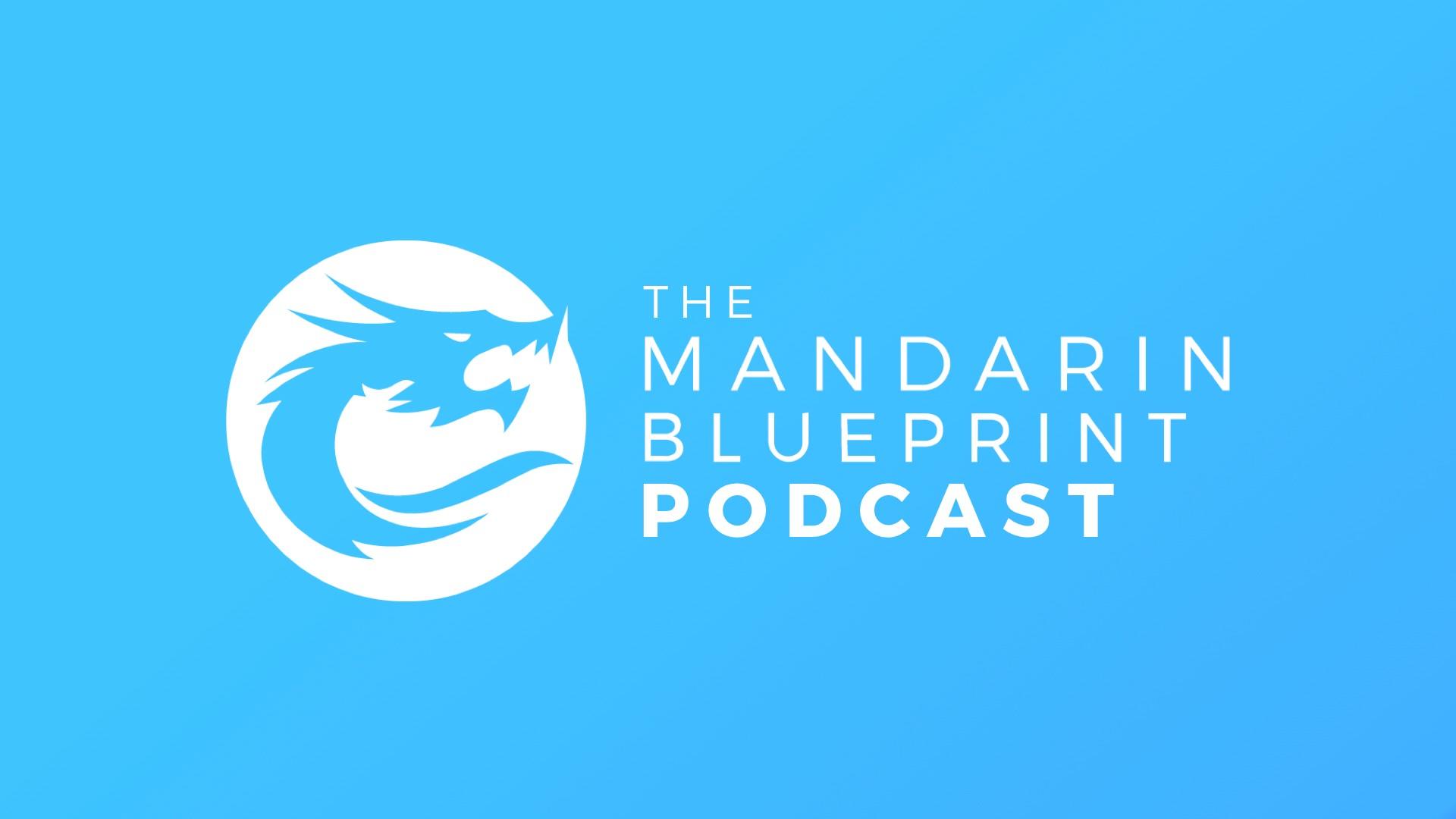

Annette Bicknell
i司马光 : Sima Guang or Sī Mǎguāng? When seeing three characters for a name, is the first the last name as suggested in the pinyin translation and the other two the first name? Or are the first two "Sima" the last name?
Any guidelines as to how many of the characters are last and first name? I am under the impression that by far most Chinese family names are one character, but I may be wrong.
Mandarin Blueprint
Surnames are virtually always one character and come first. If you use the western way of naming, it would be Mǎguāng Sī. The 姓 (surname) is 司 and the 名字 (name) is 马光
Annette Bicknell
Got it, thanks
MB Team
This is where Luke and Phil talked about your question in the Mandarin Blueprint Podcast:https://www.youtube.com/watch?v=m1B9p8Jab14&t=2981s